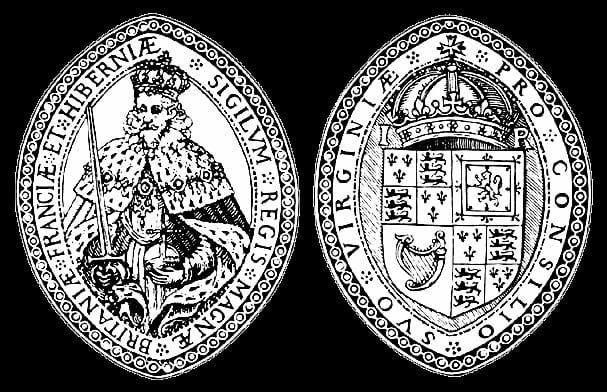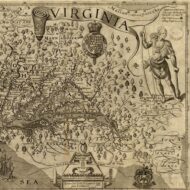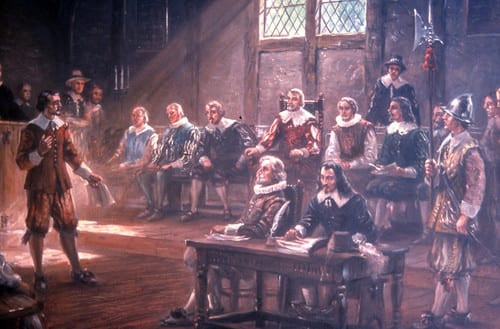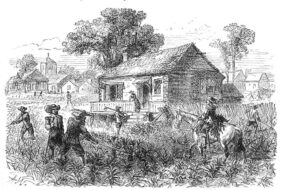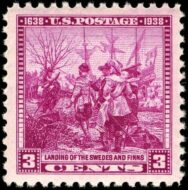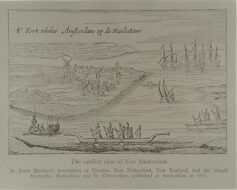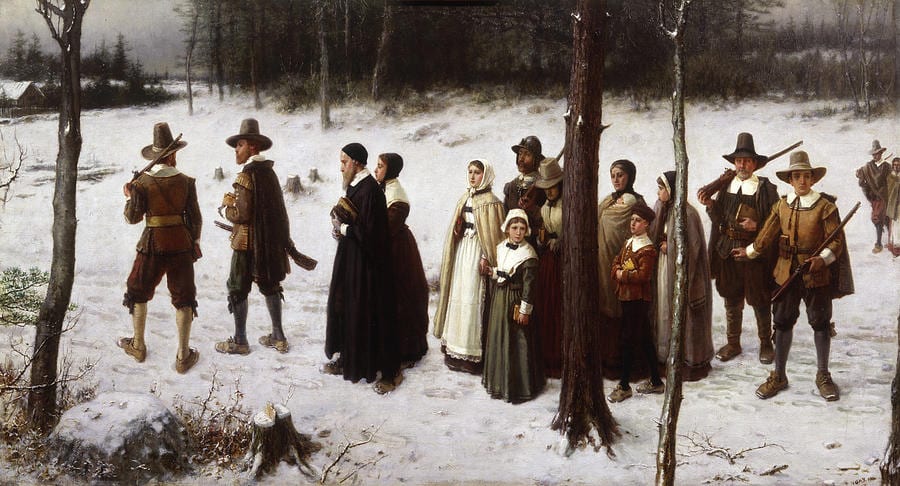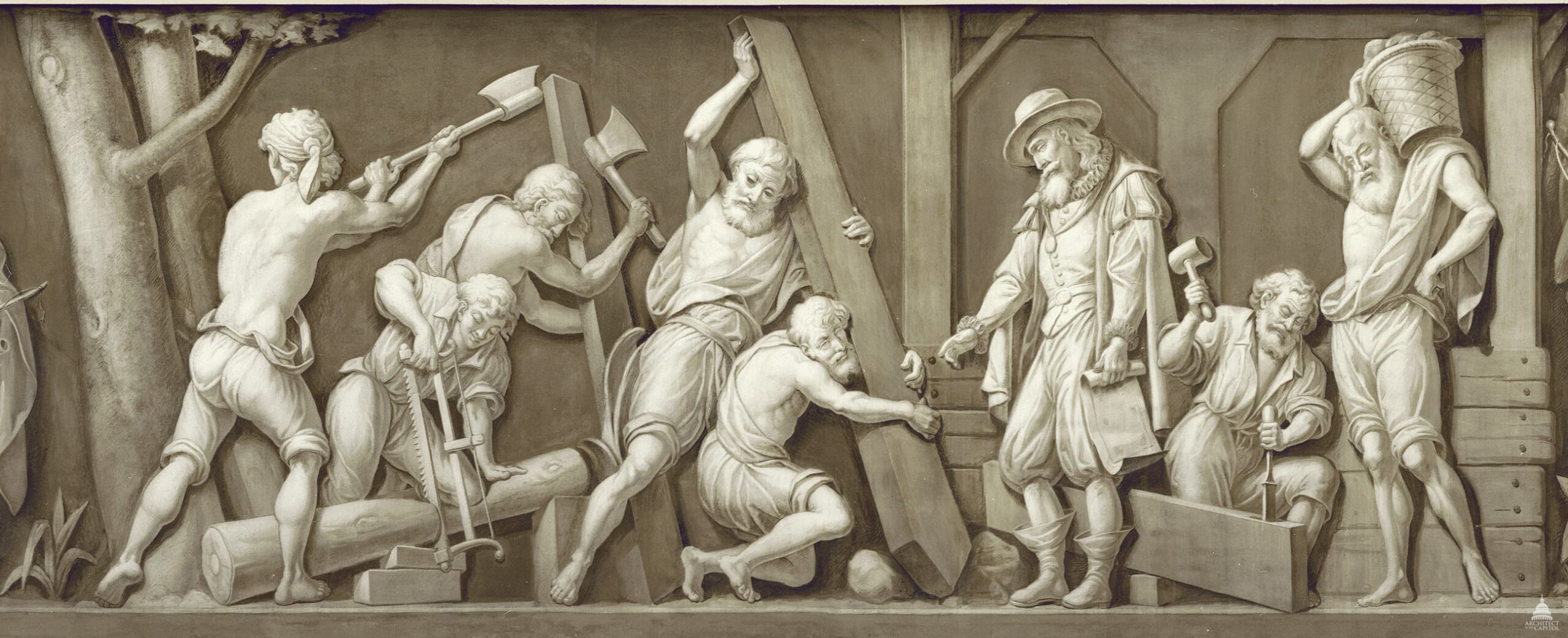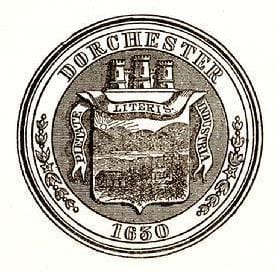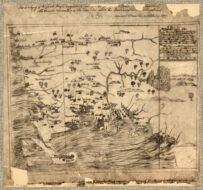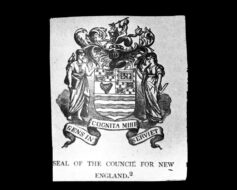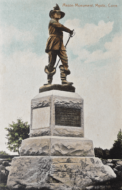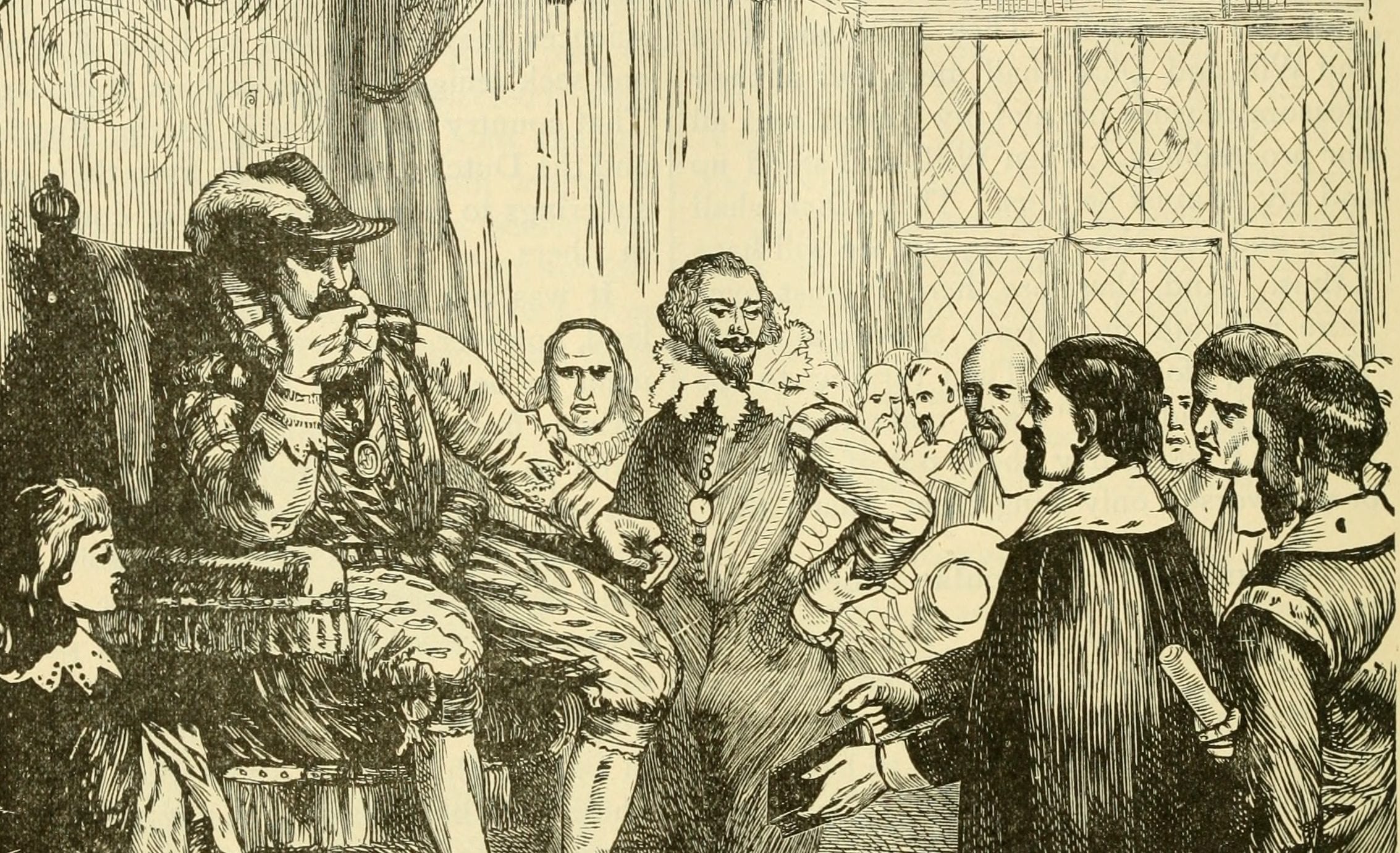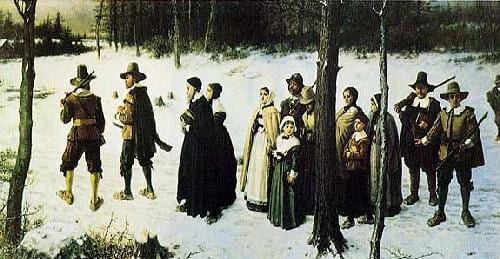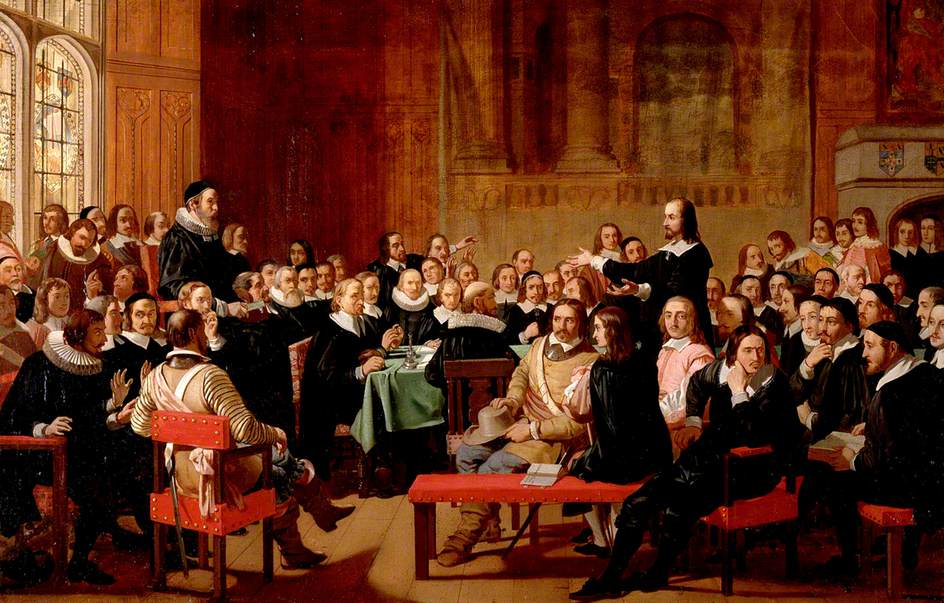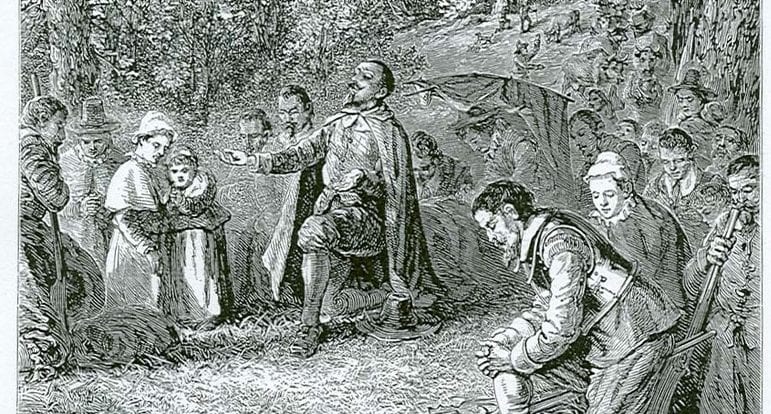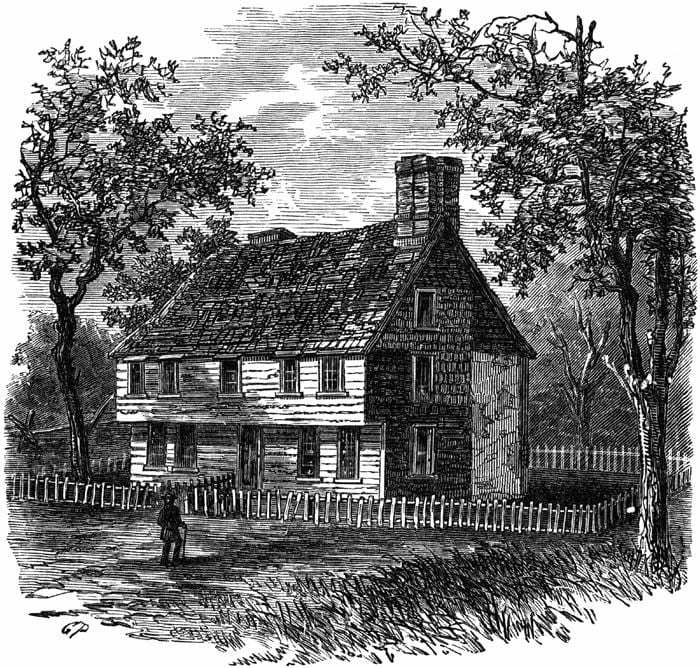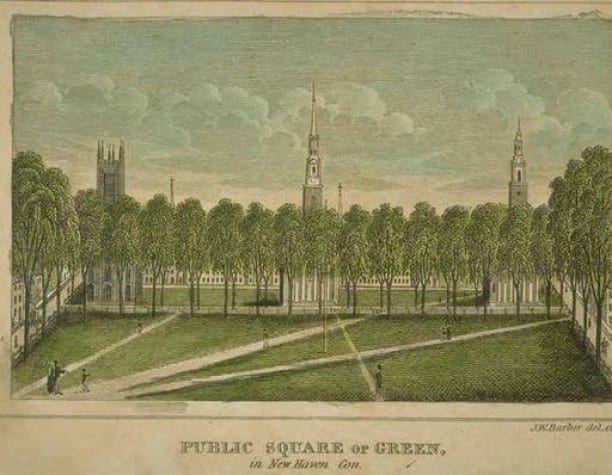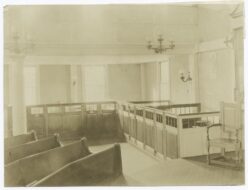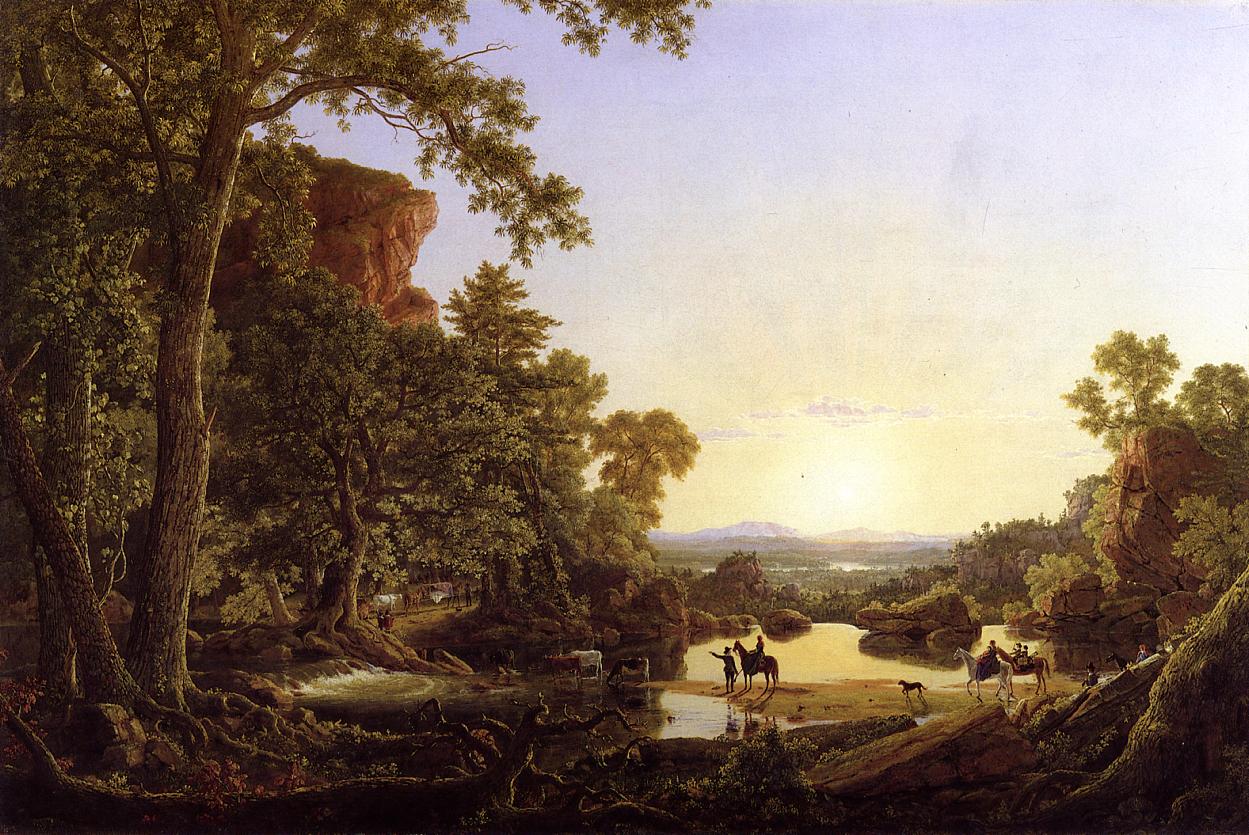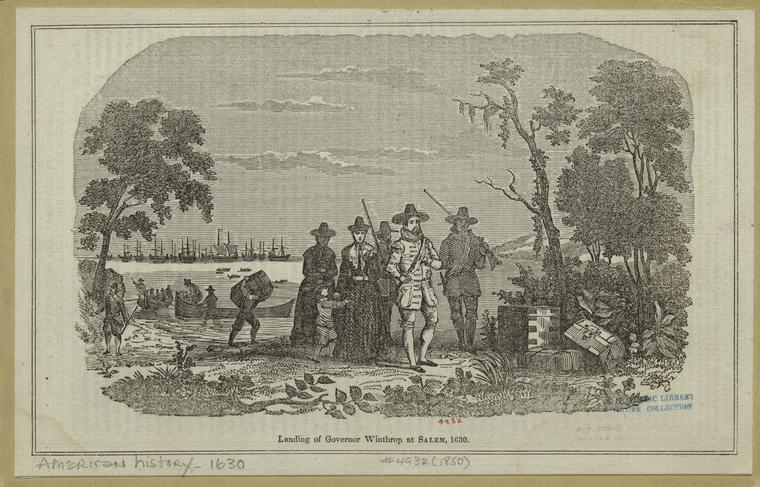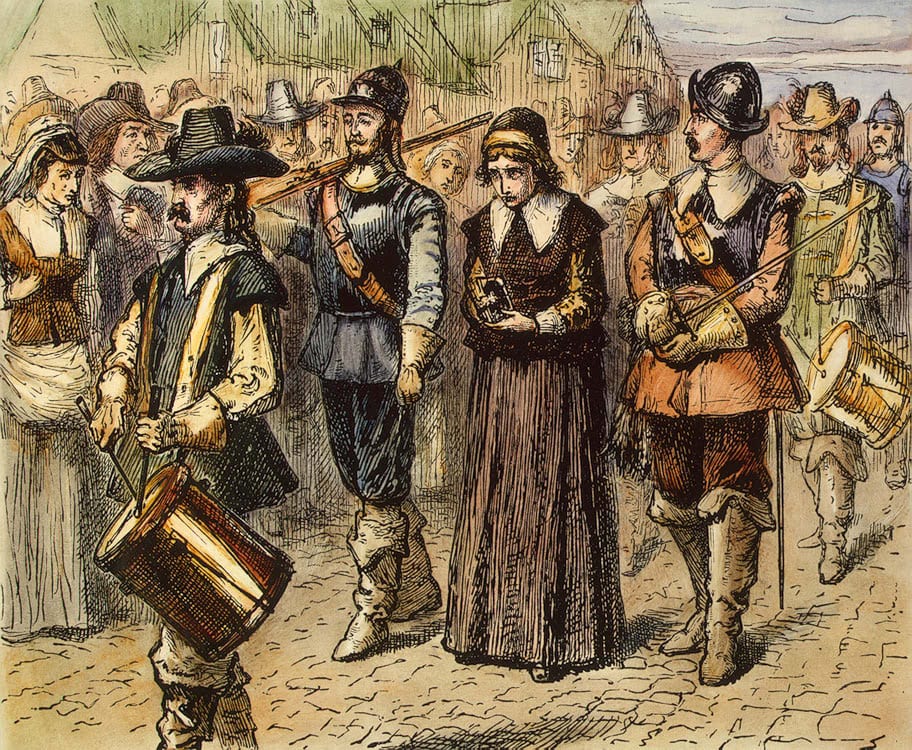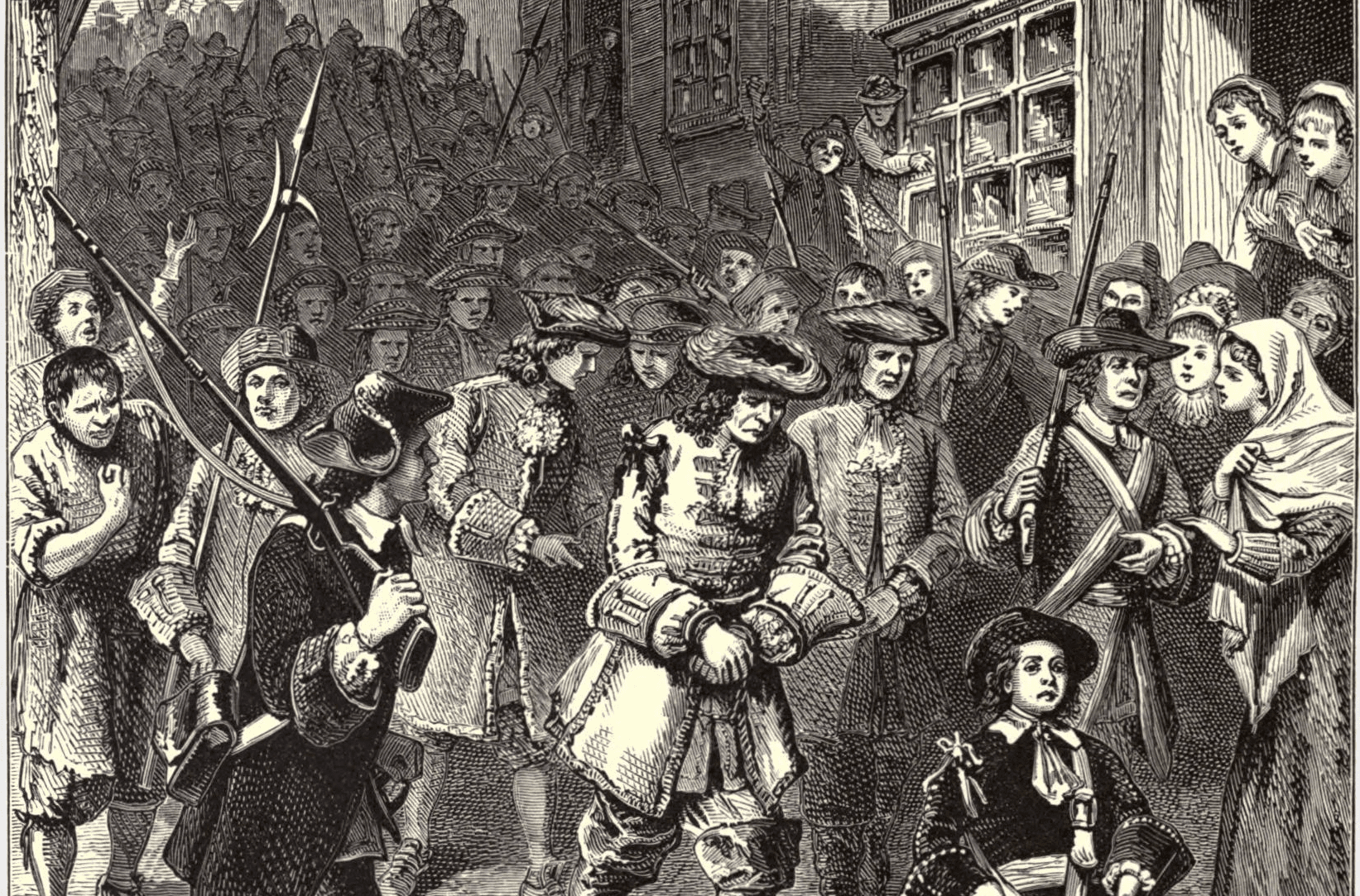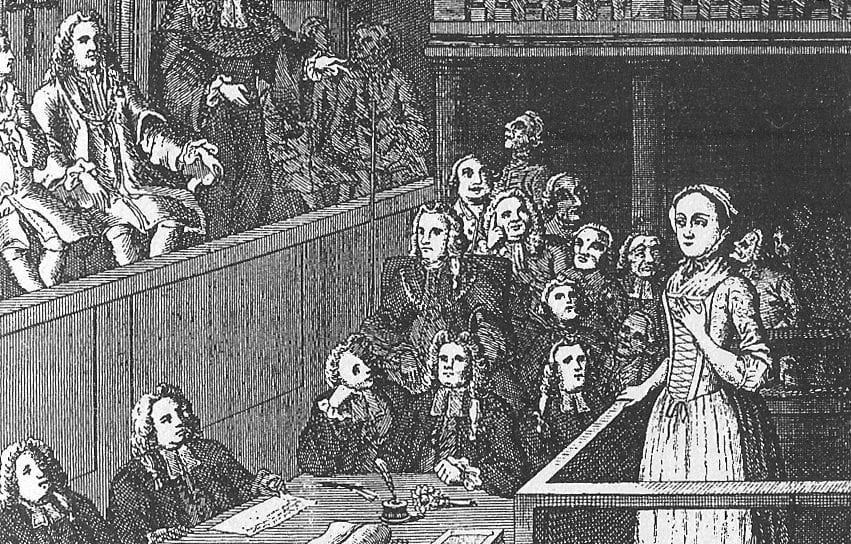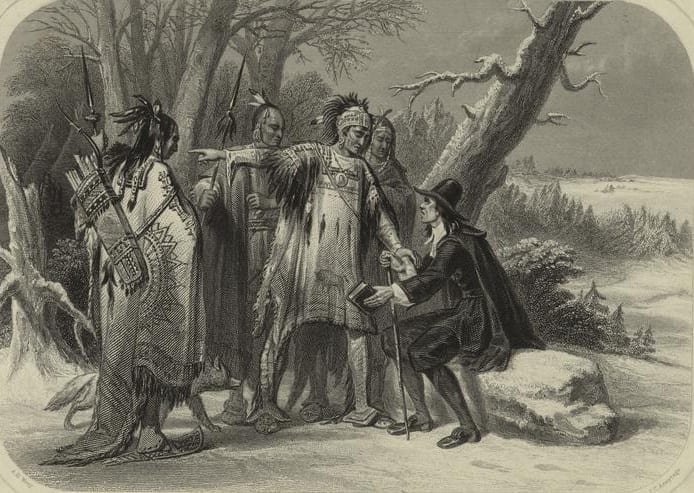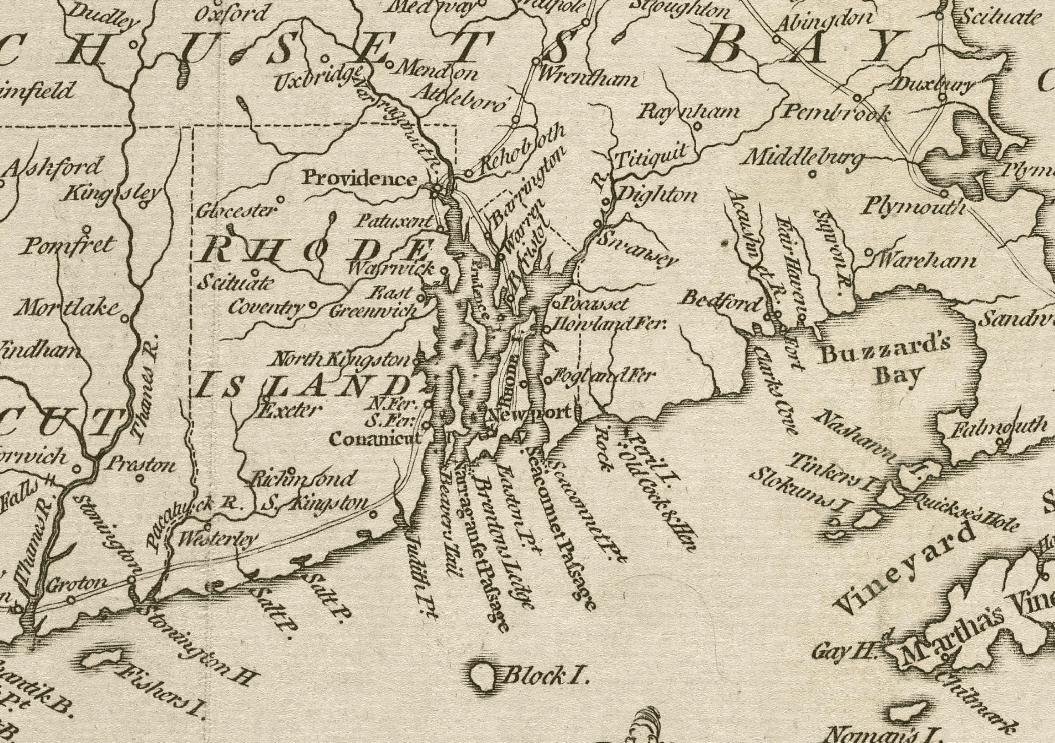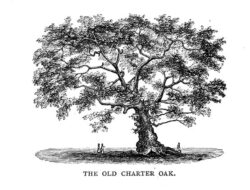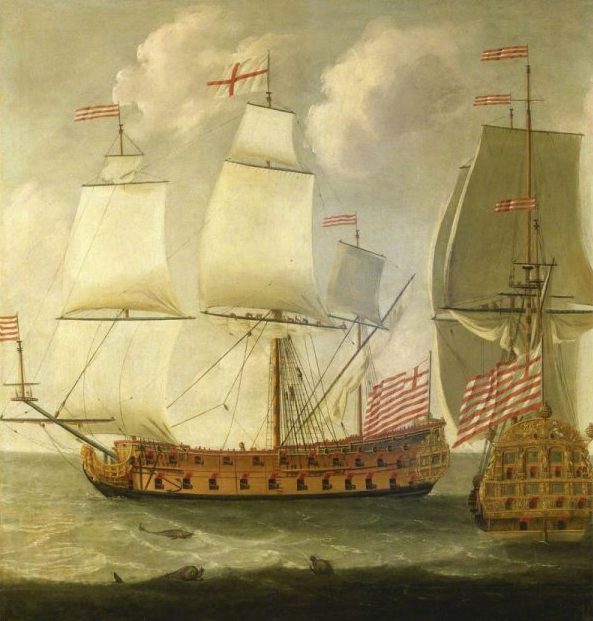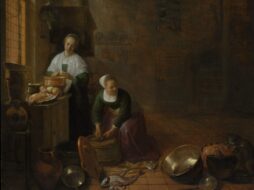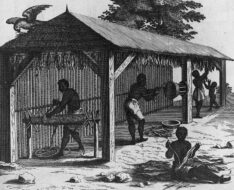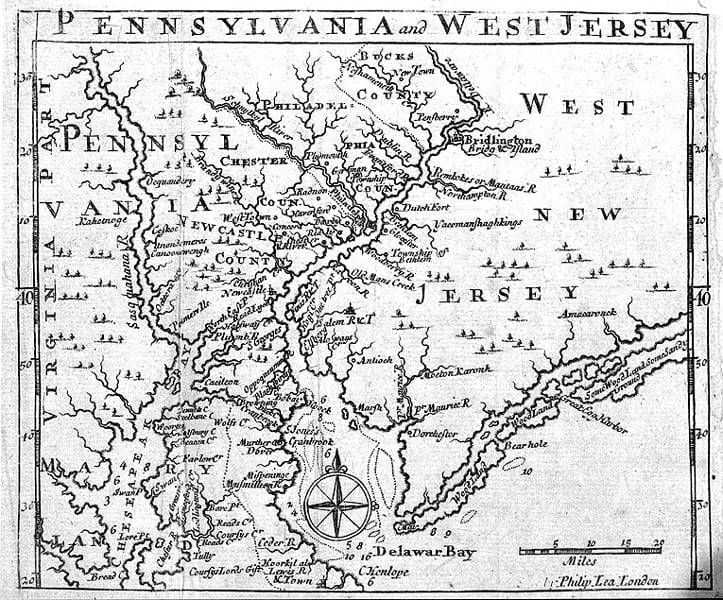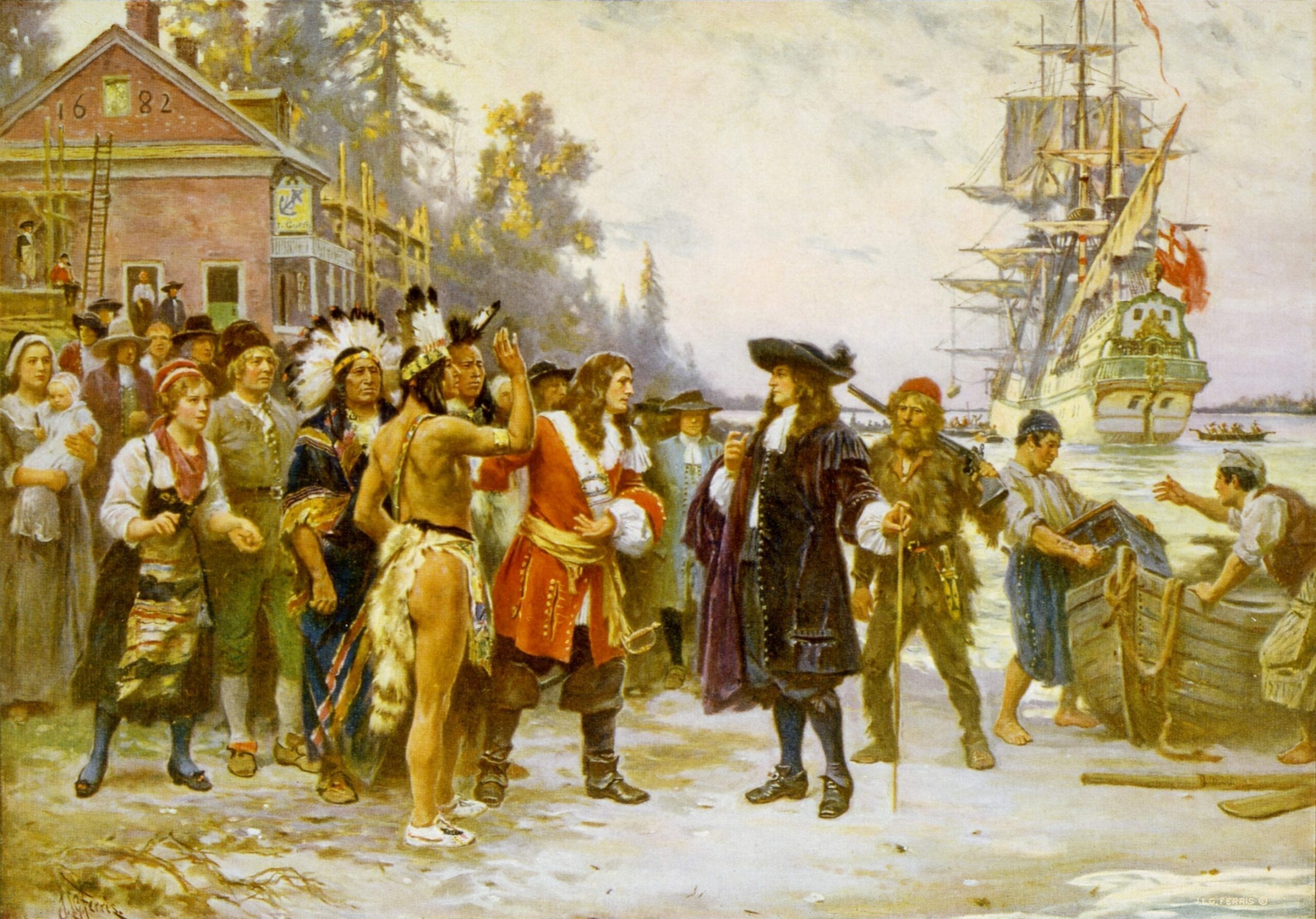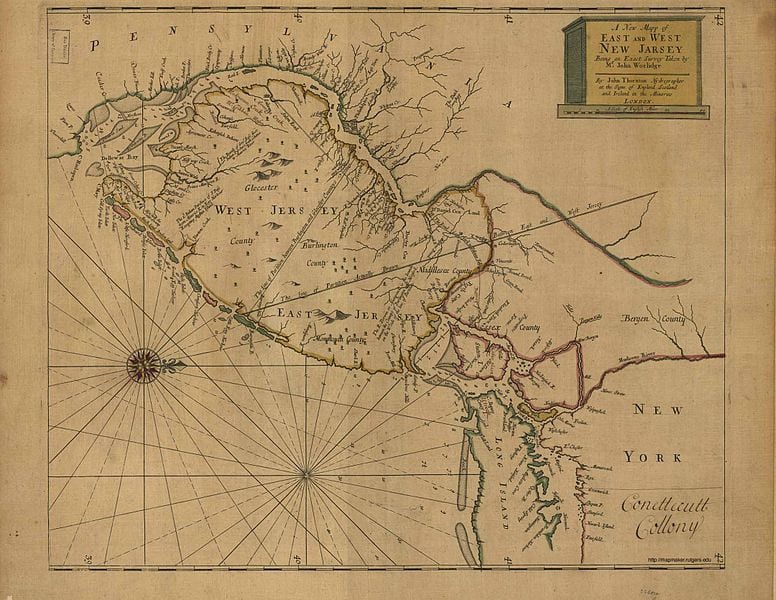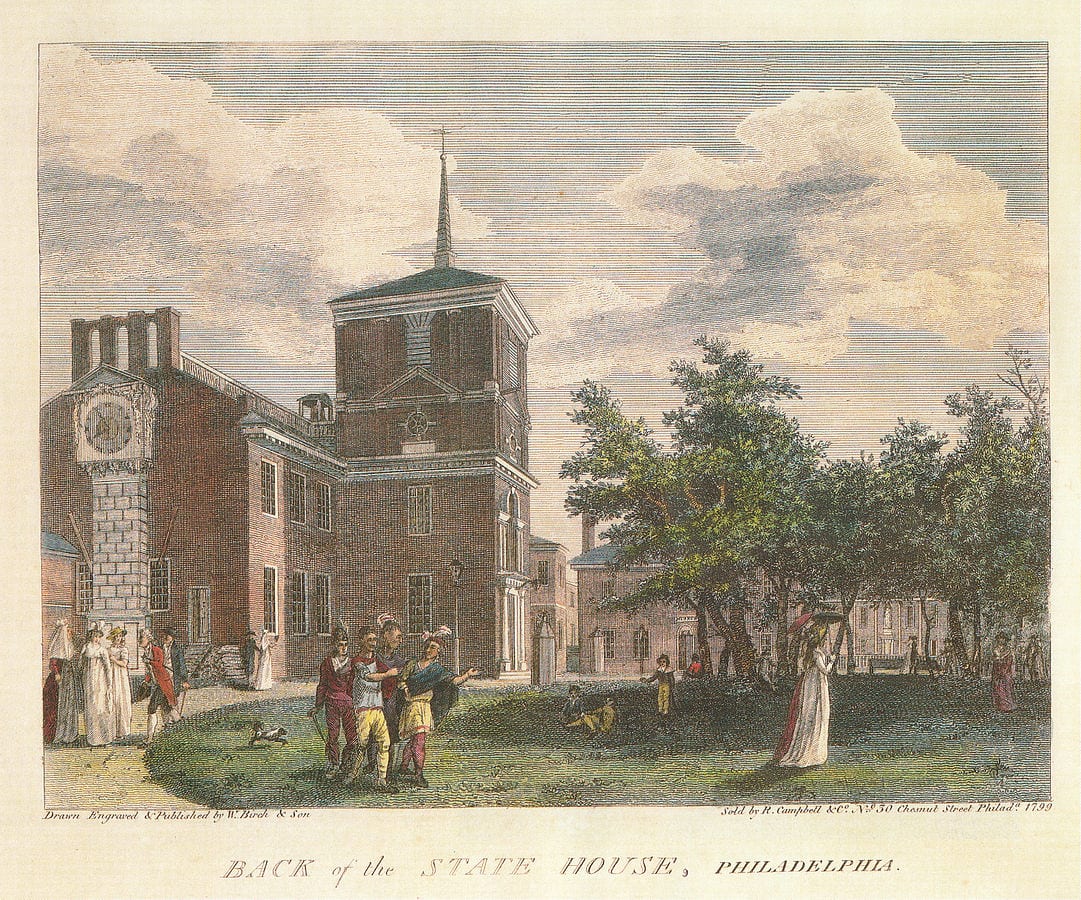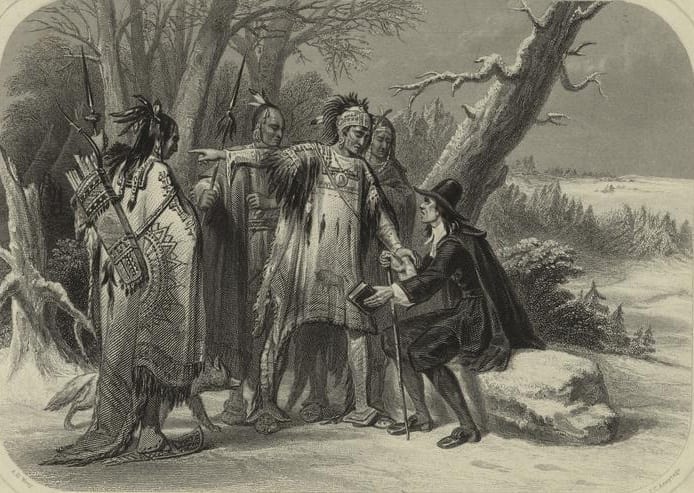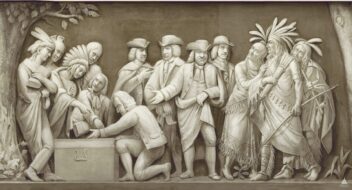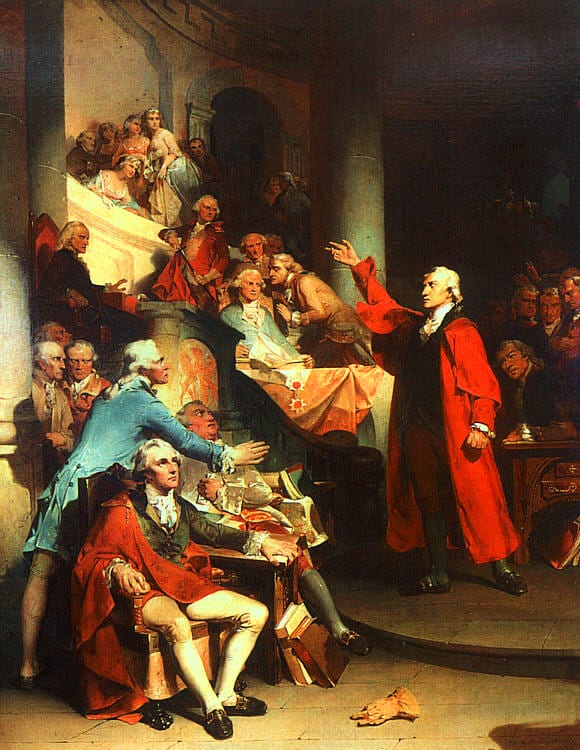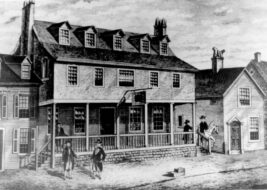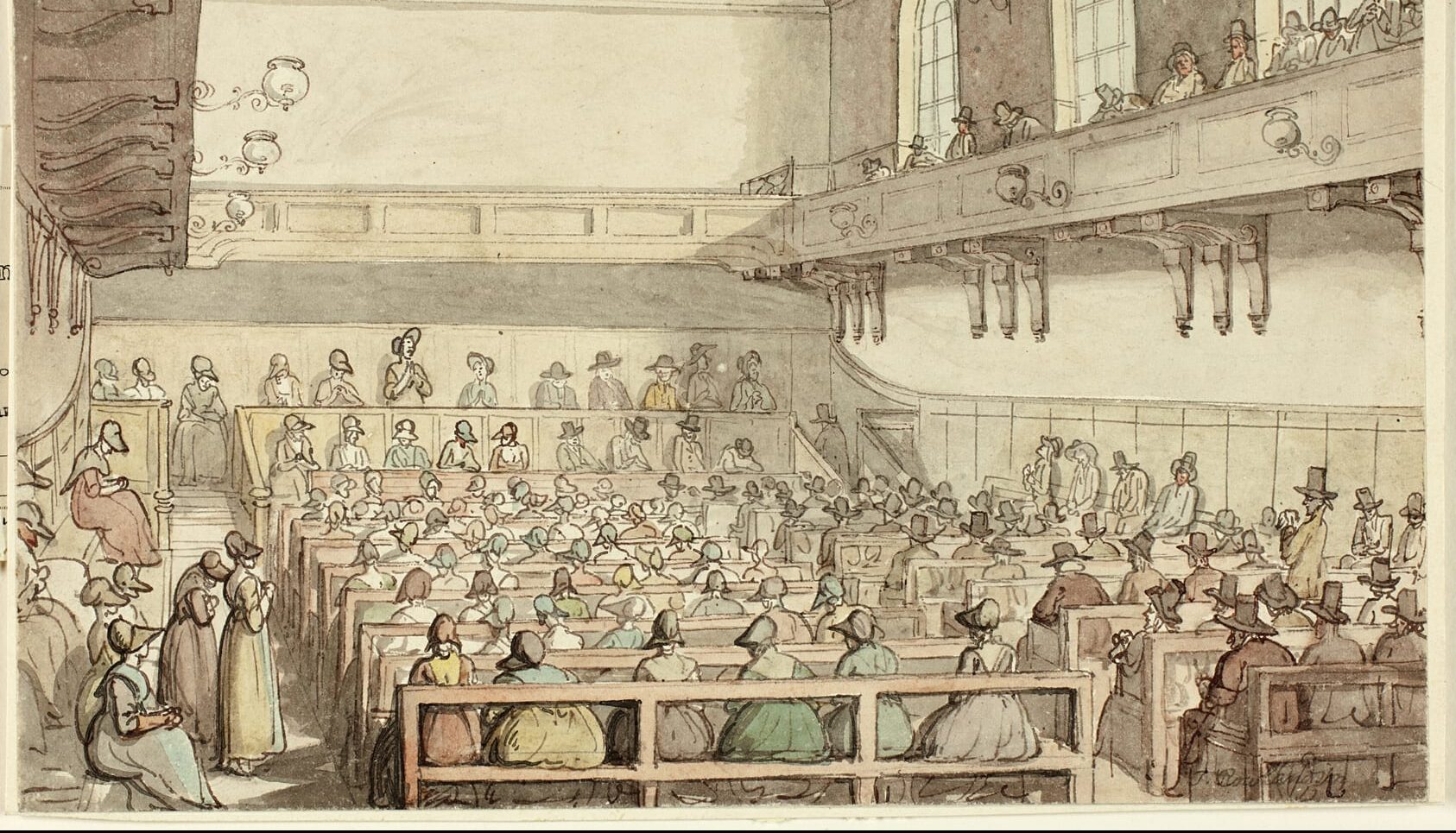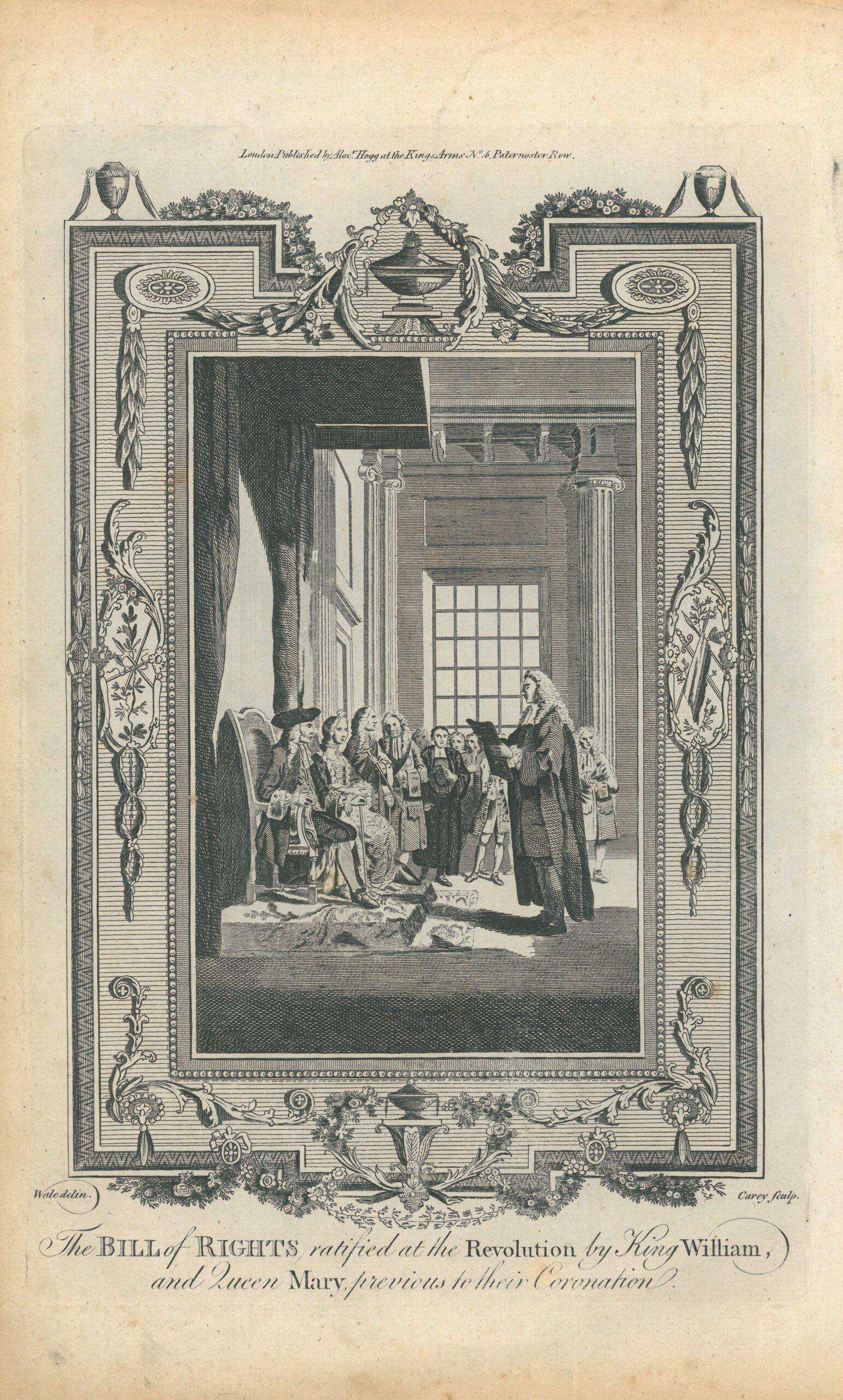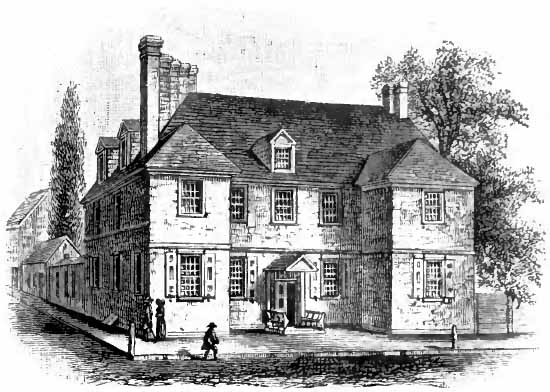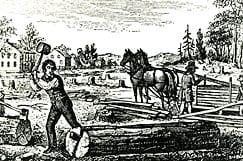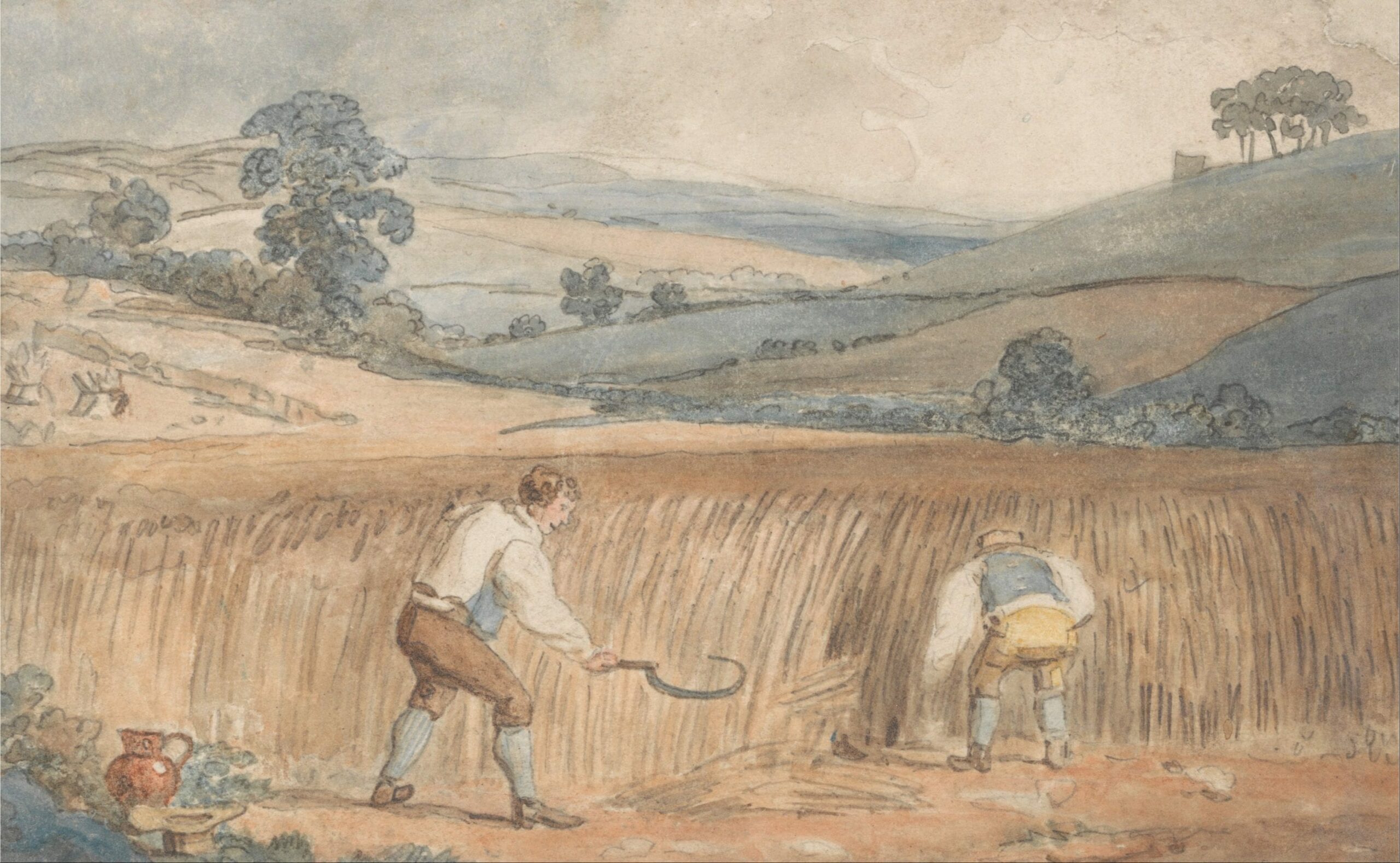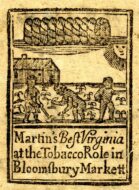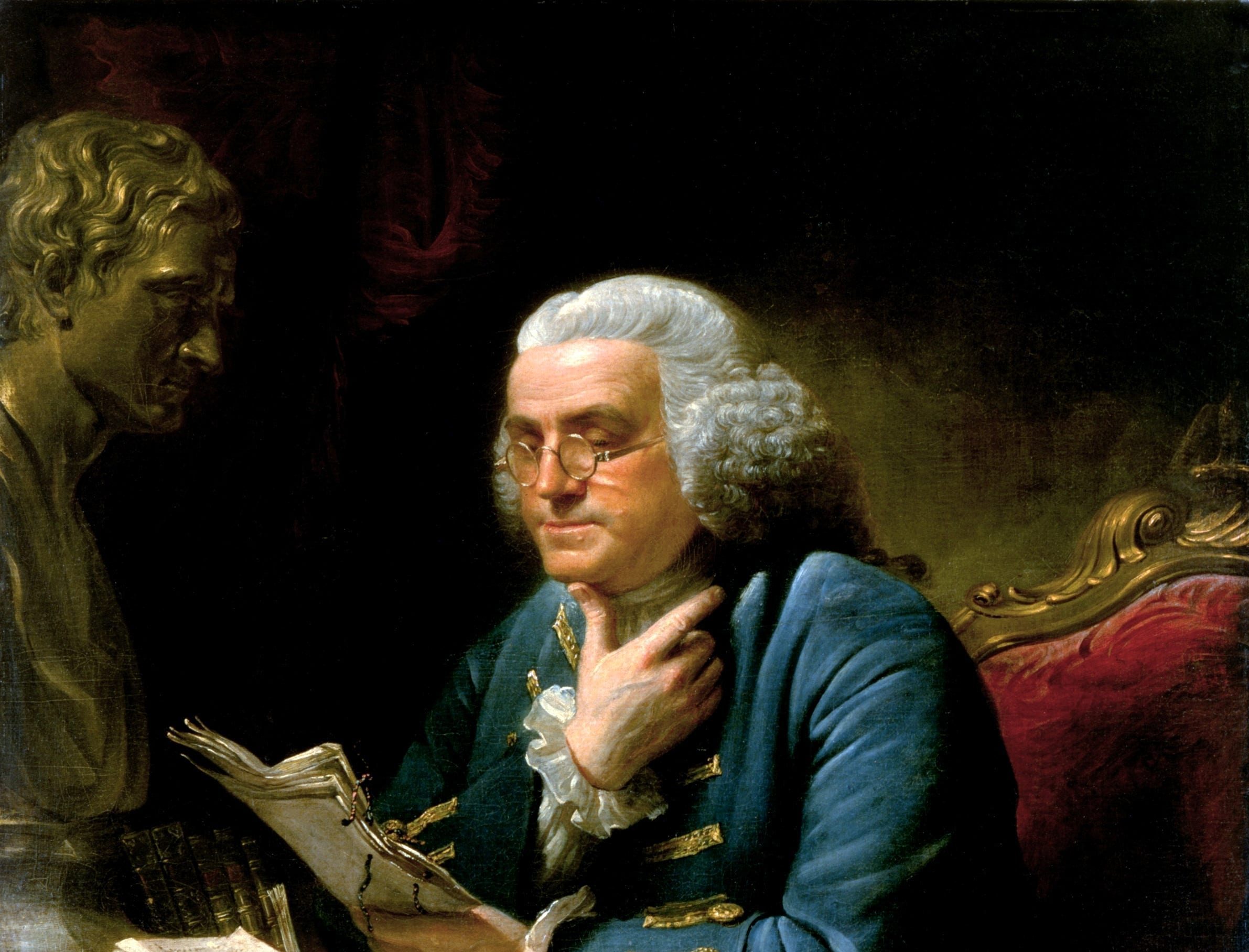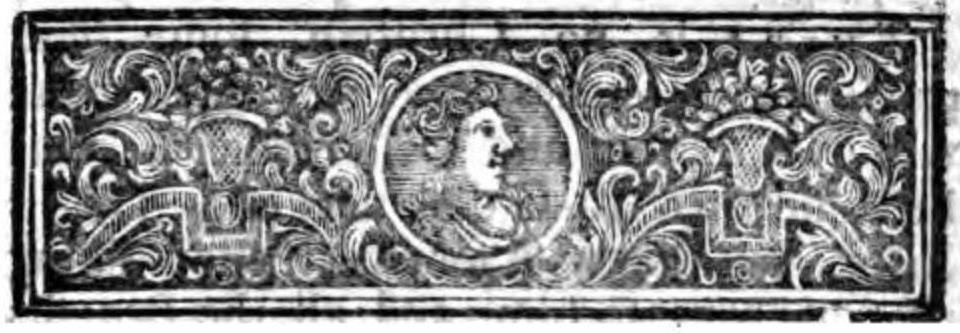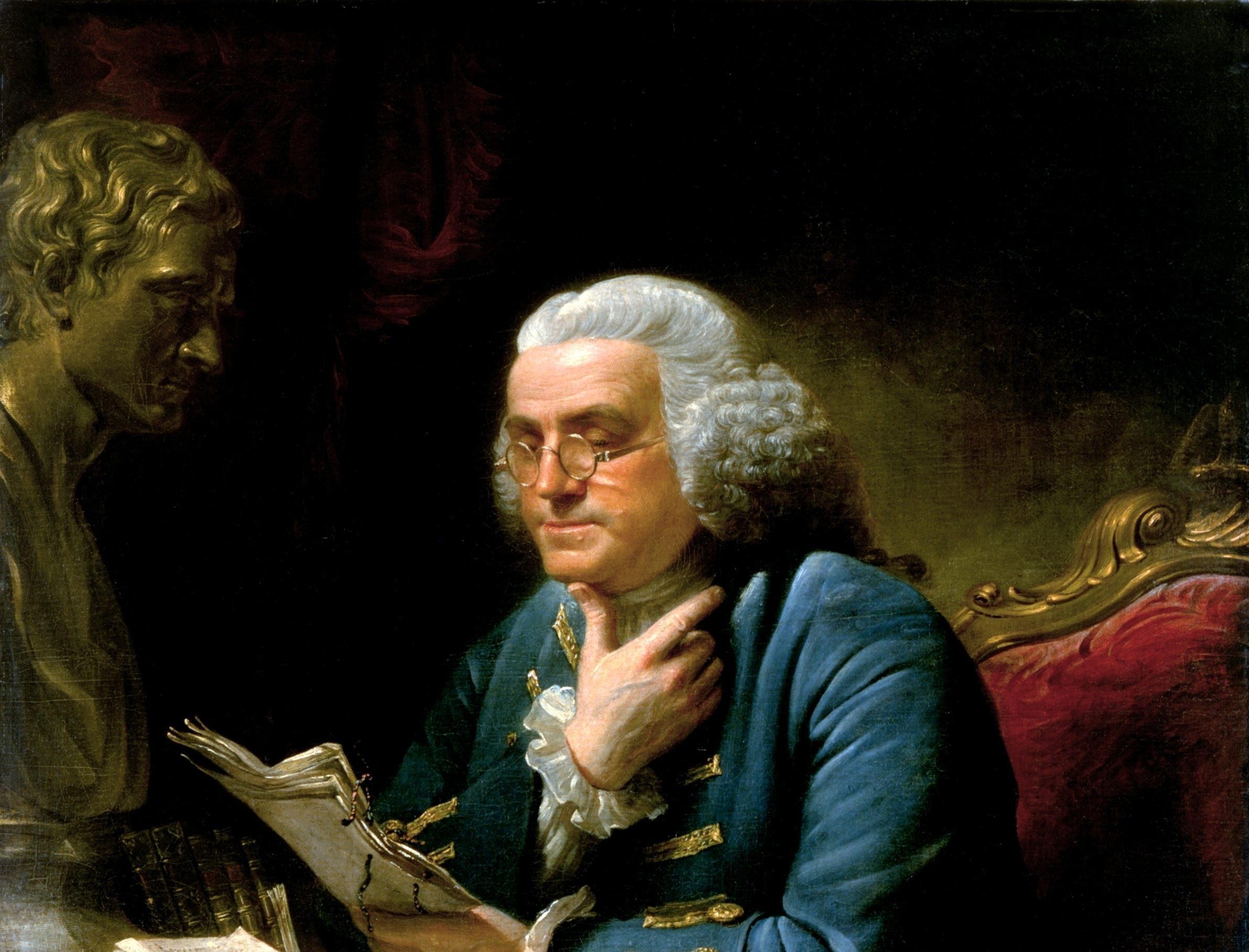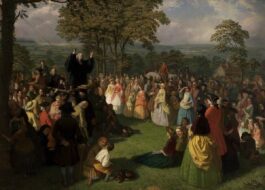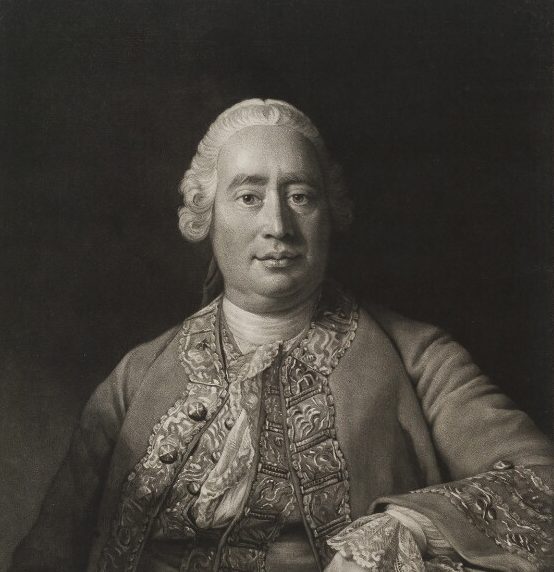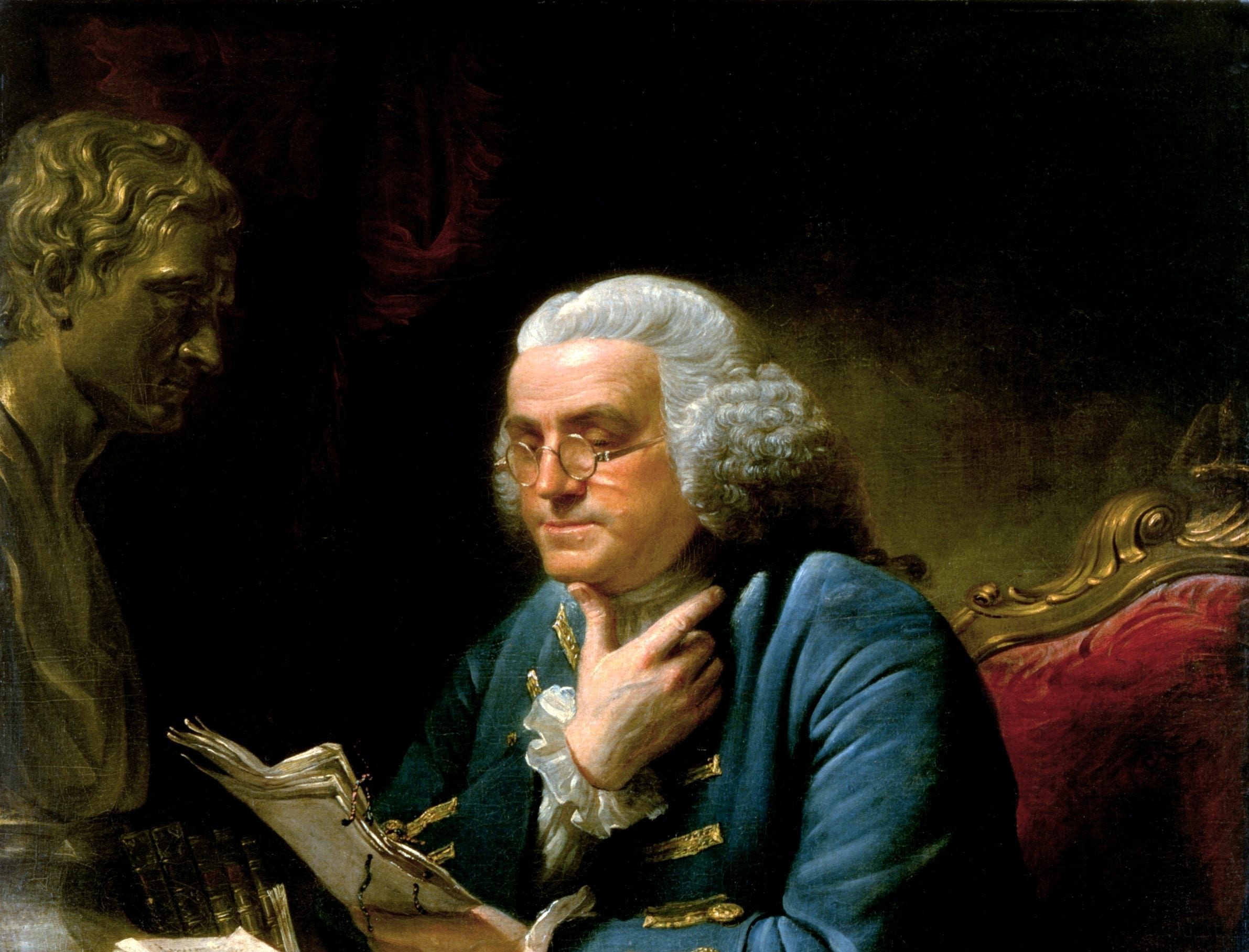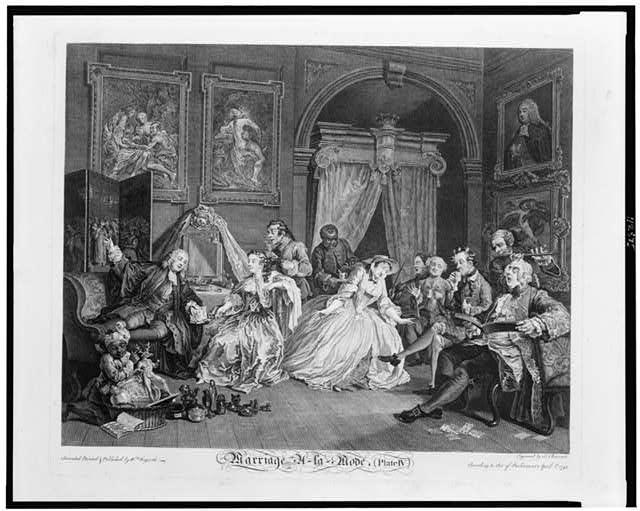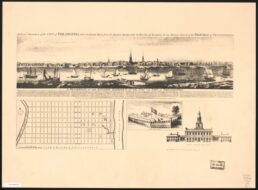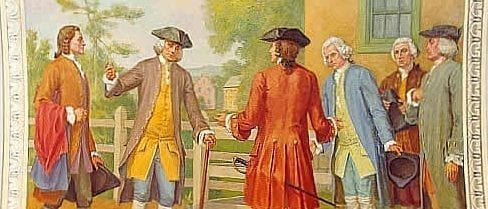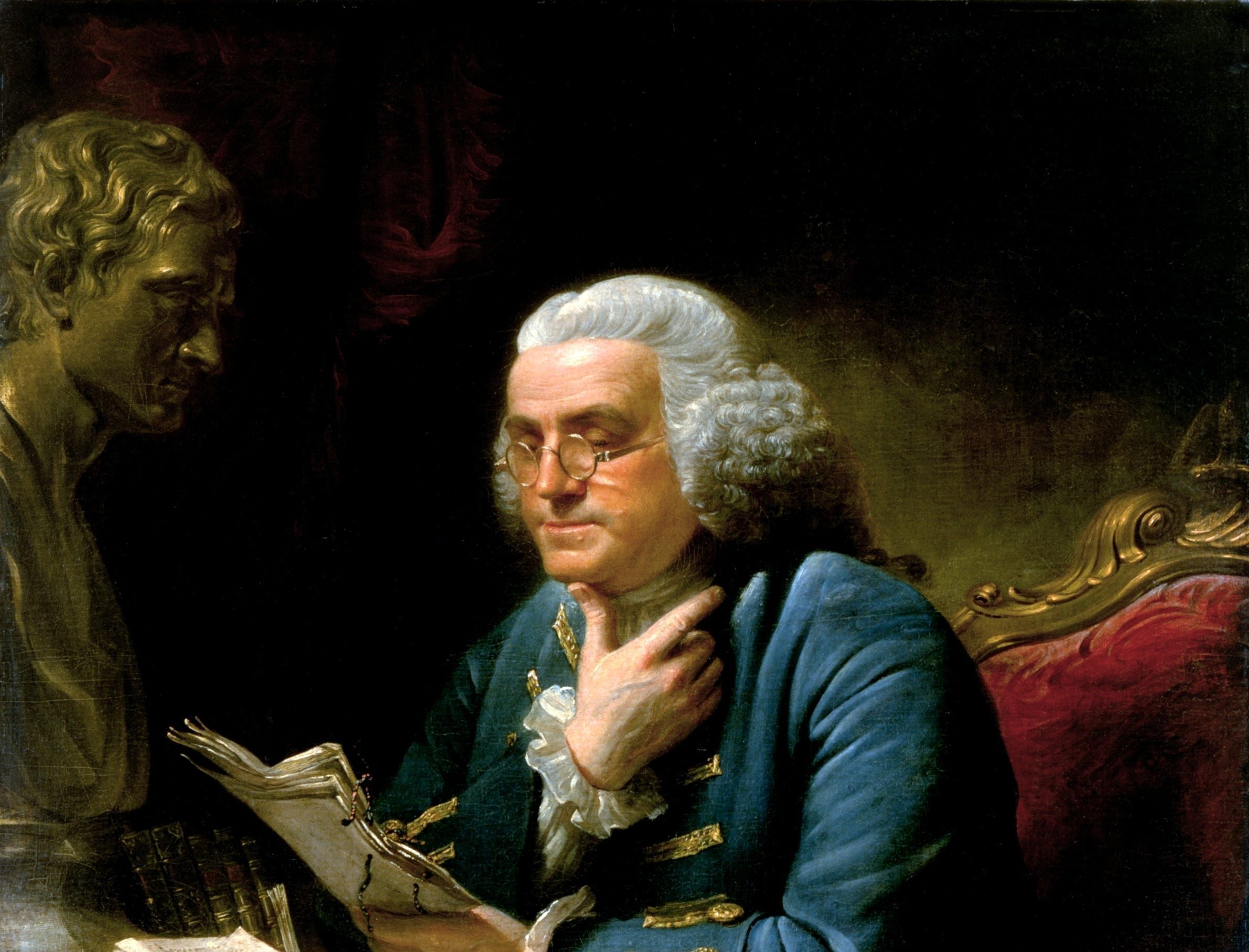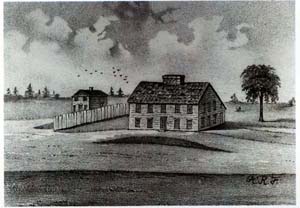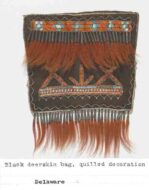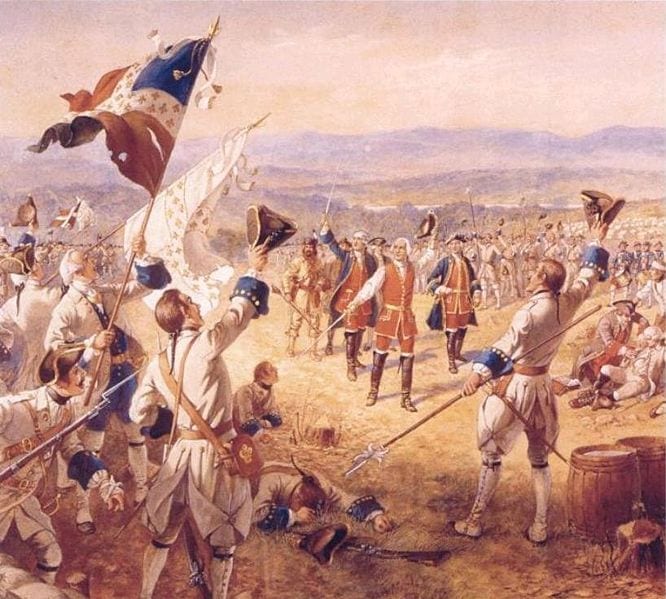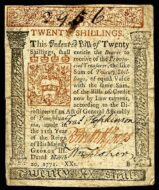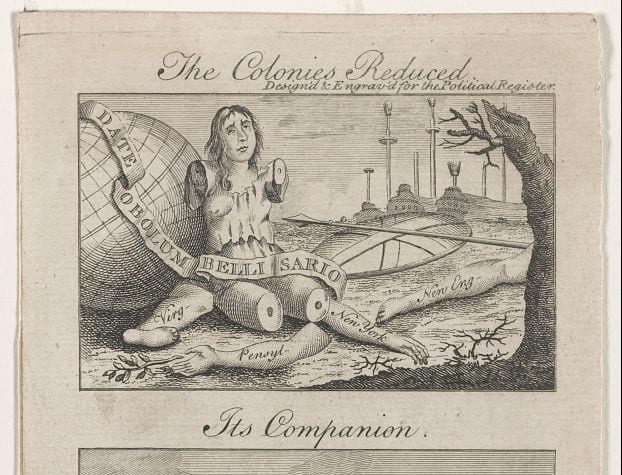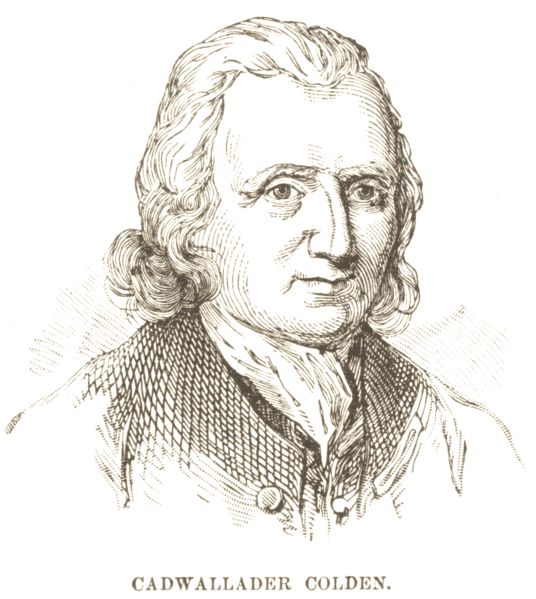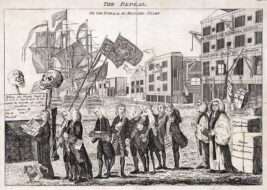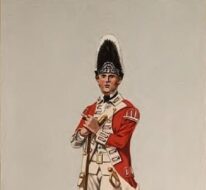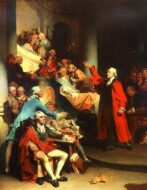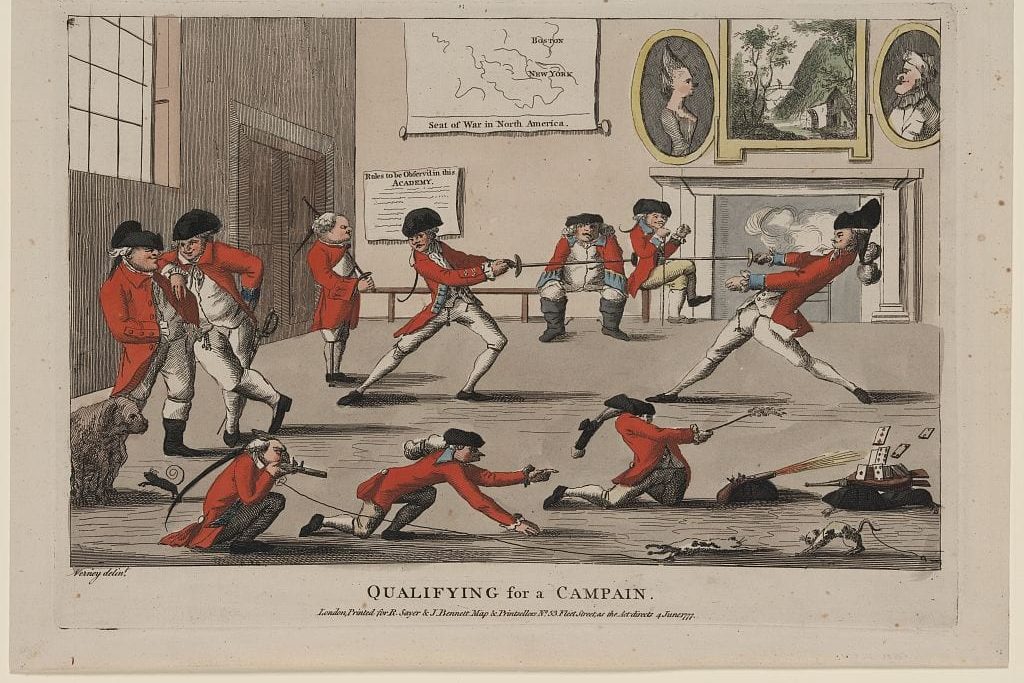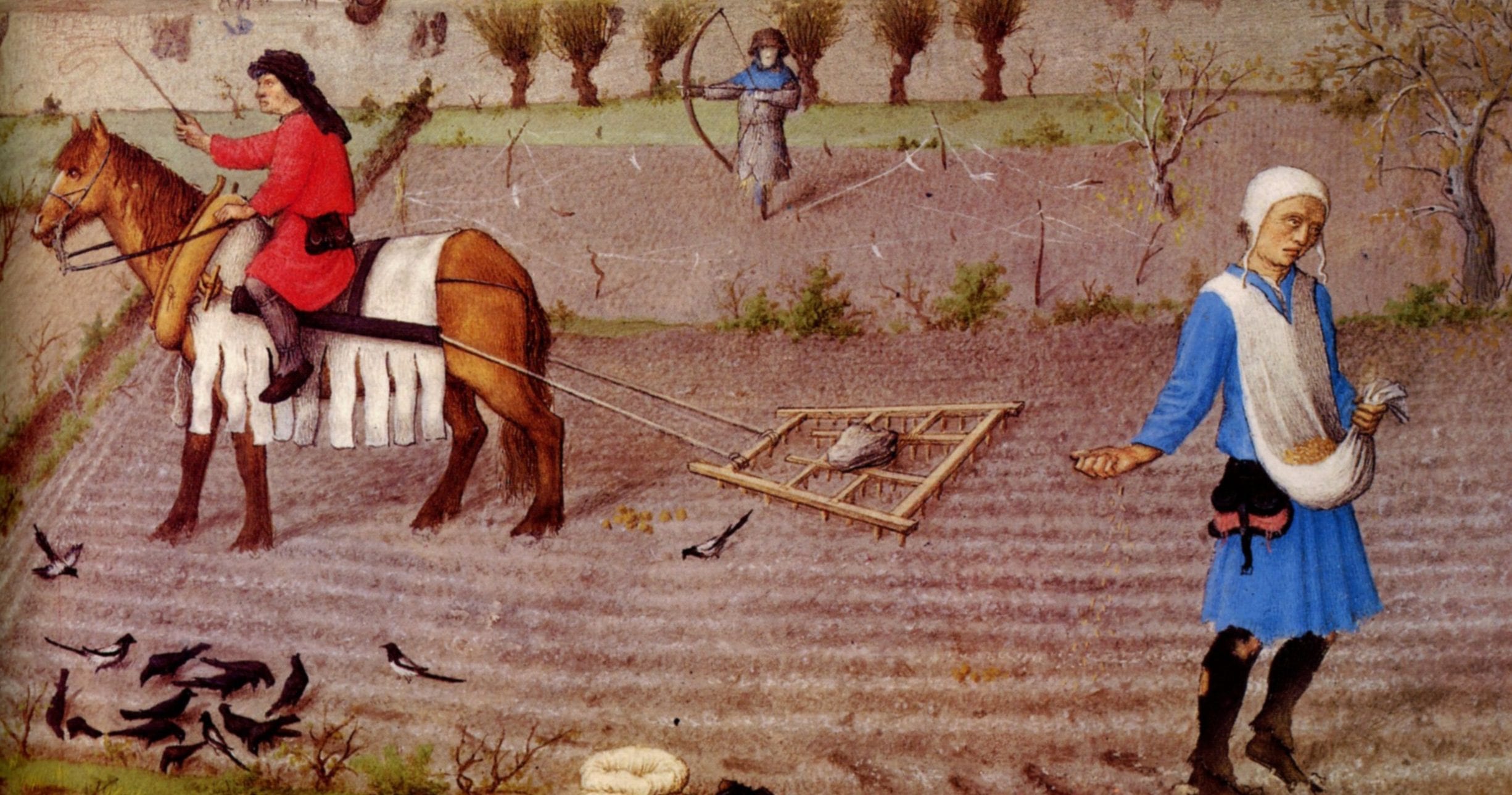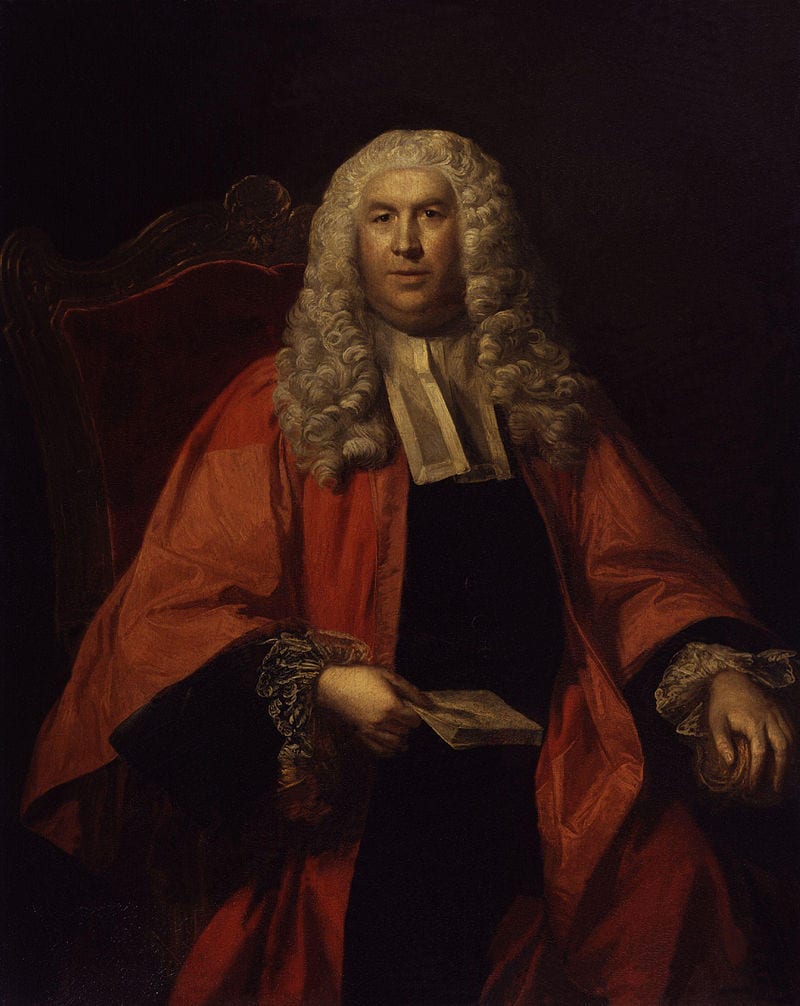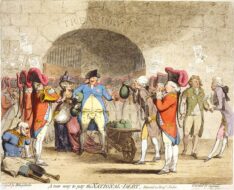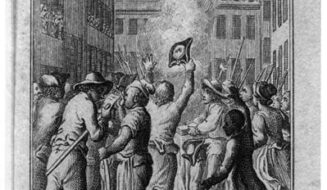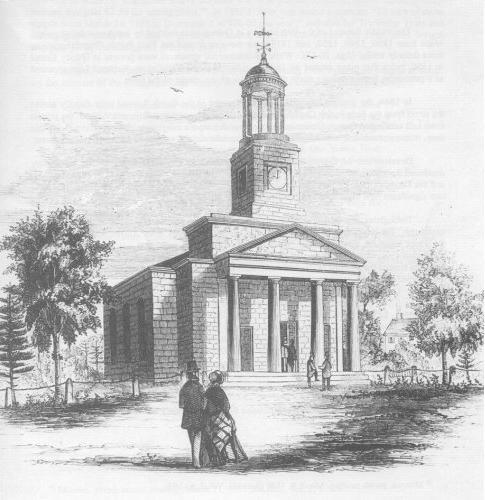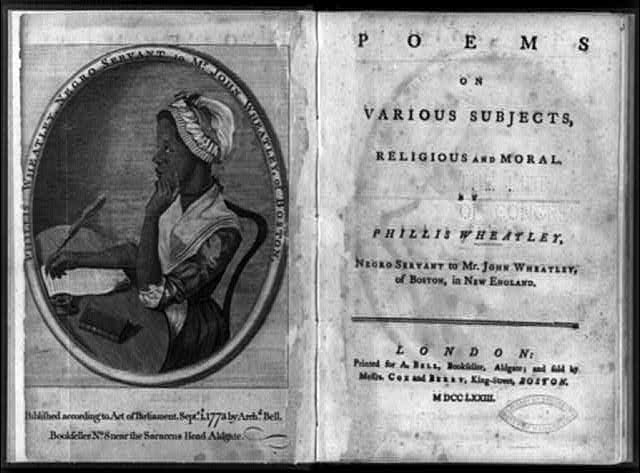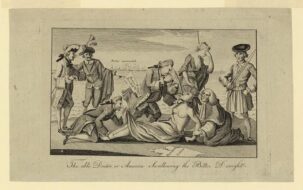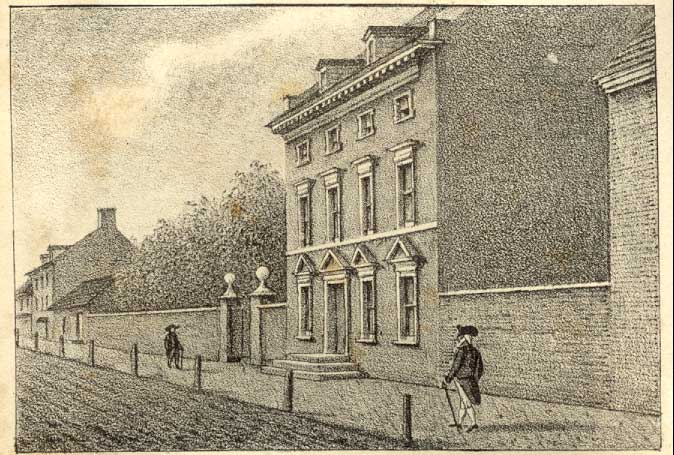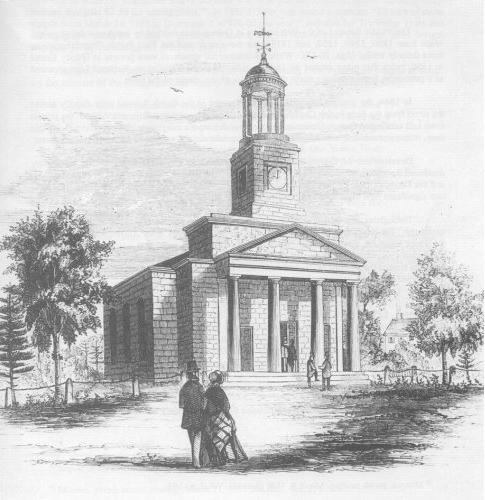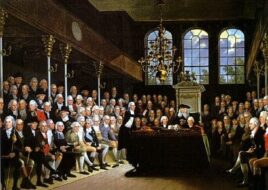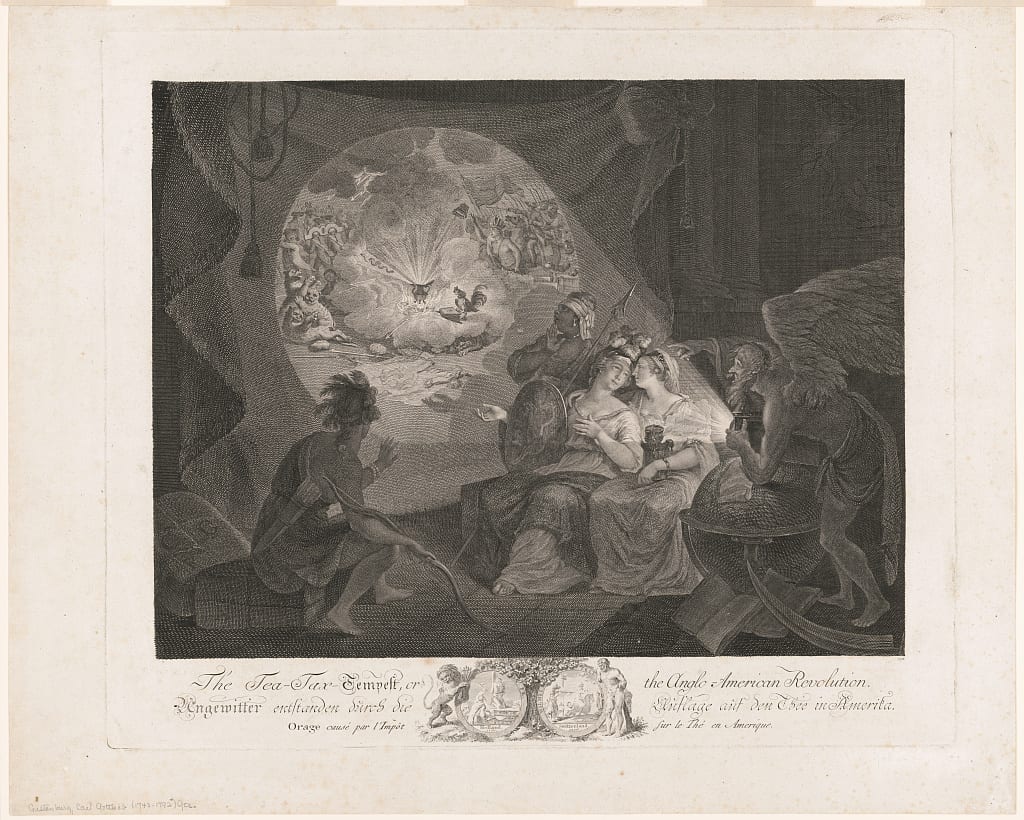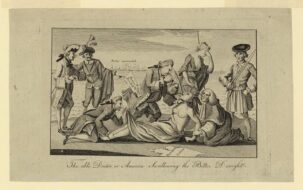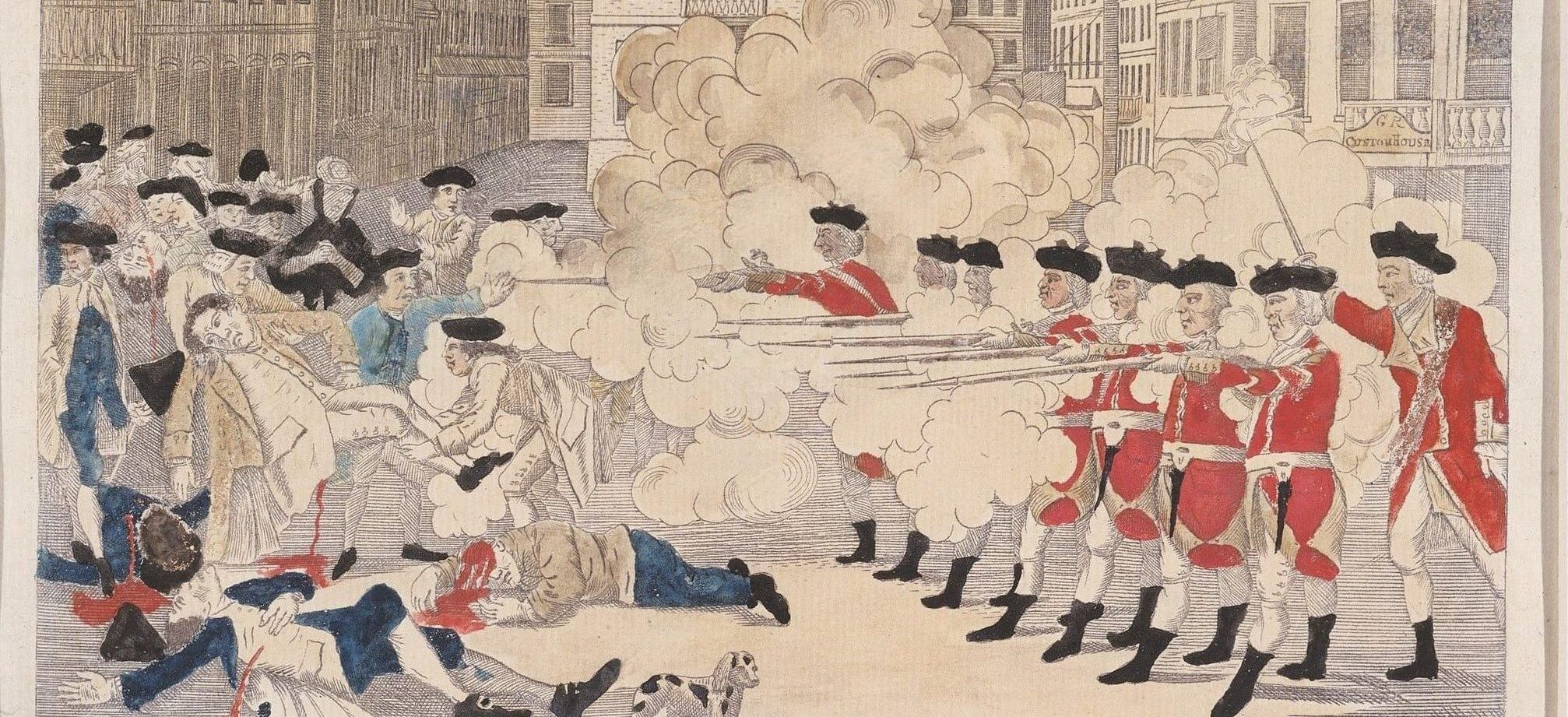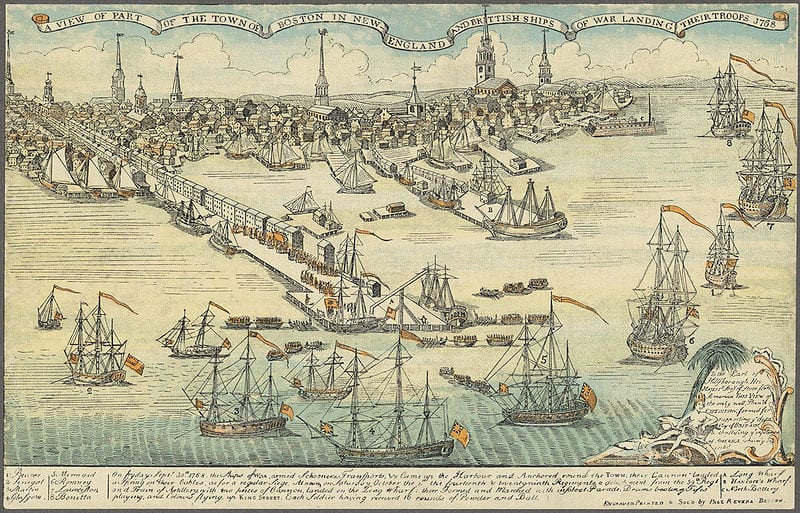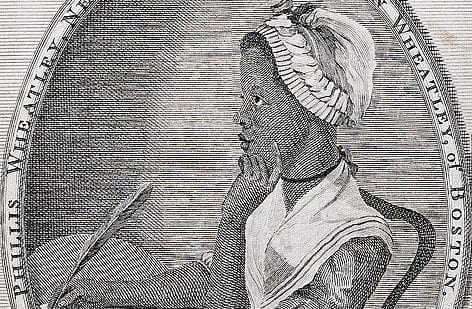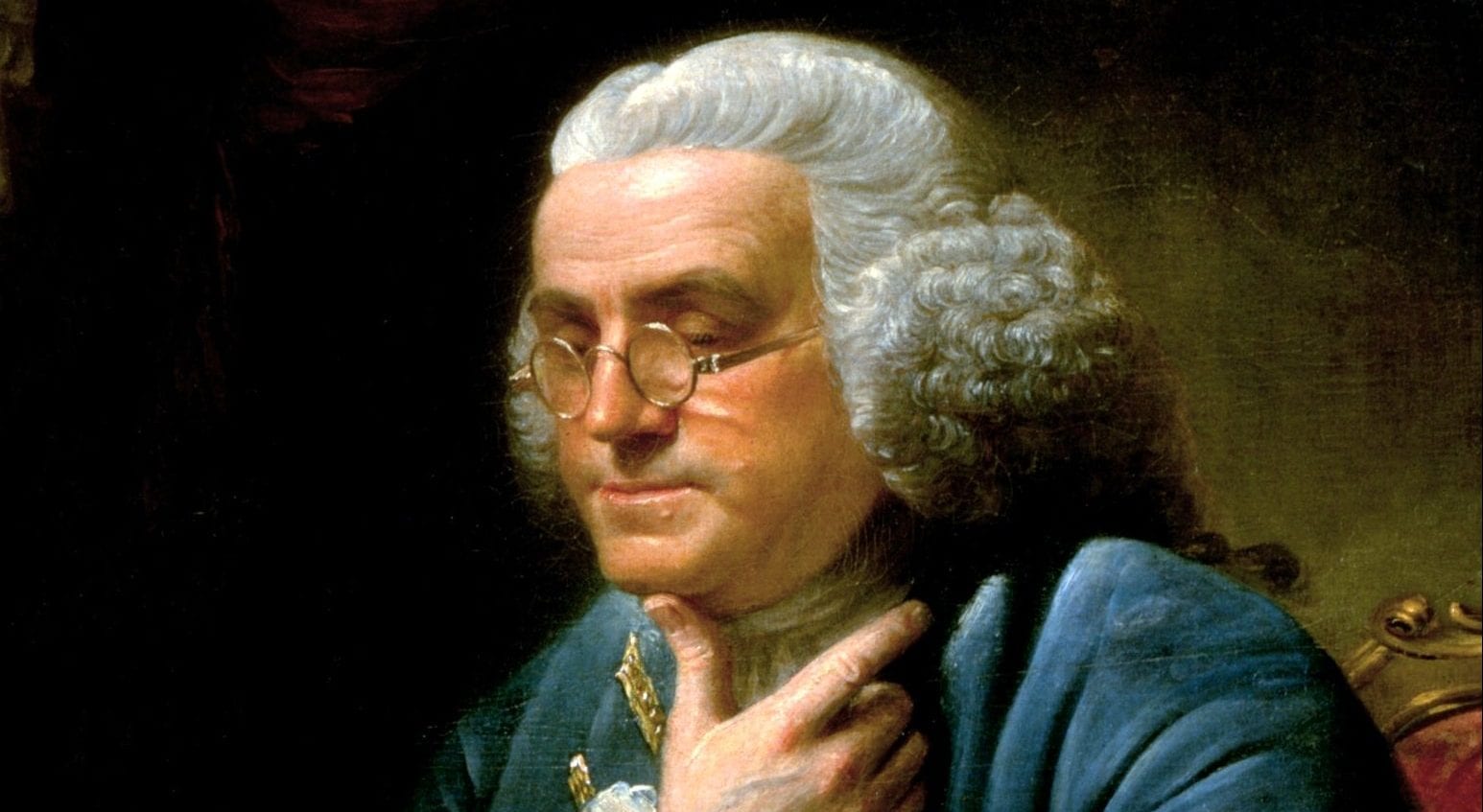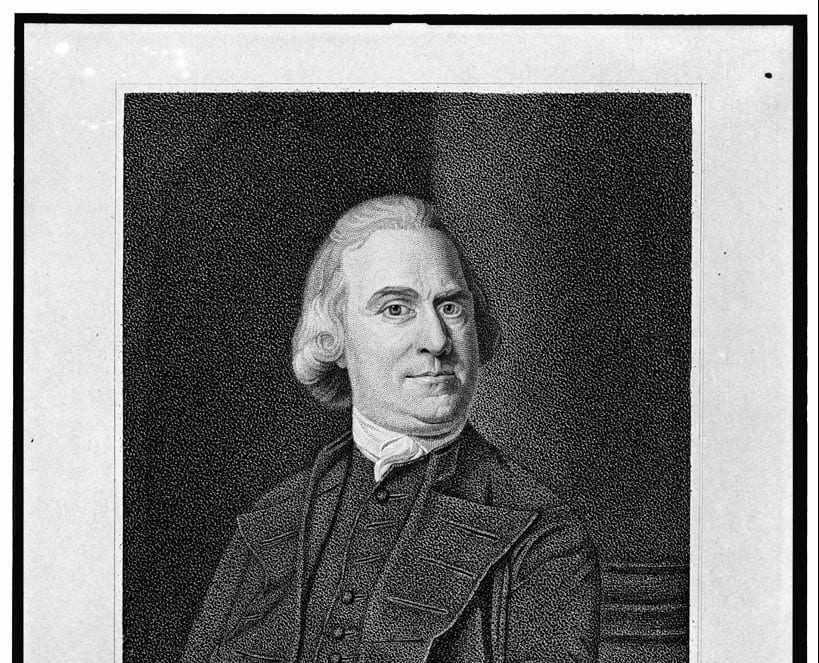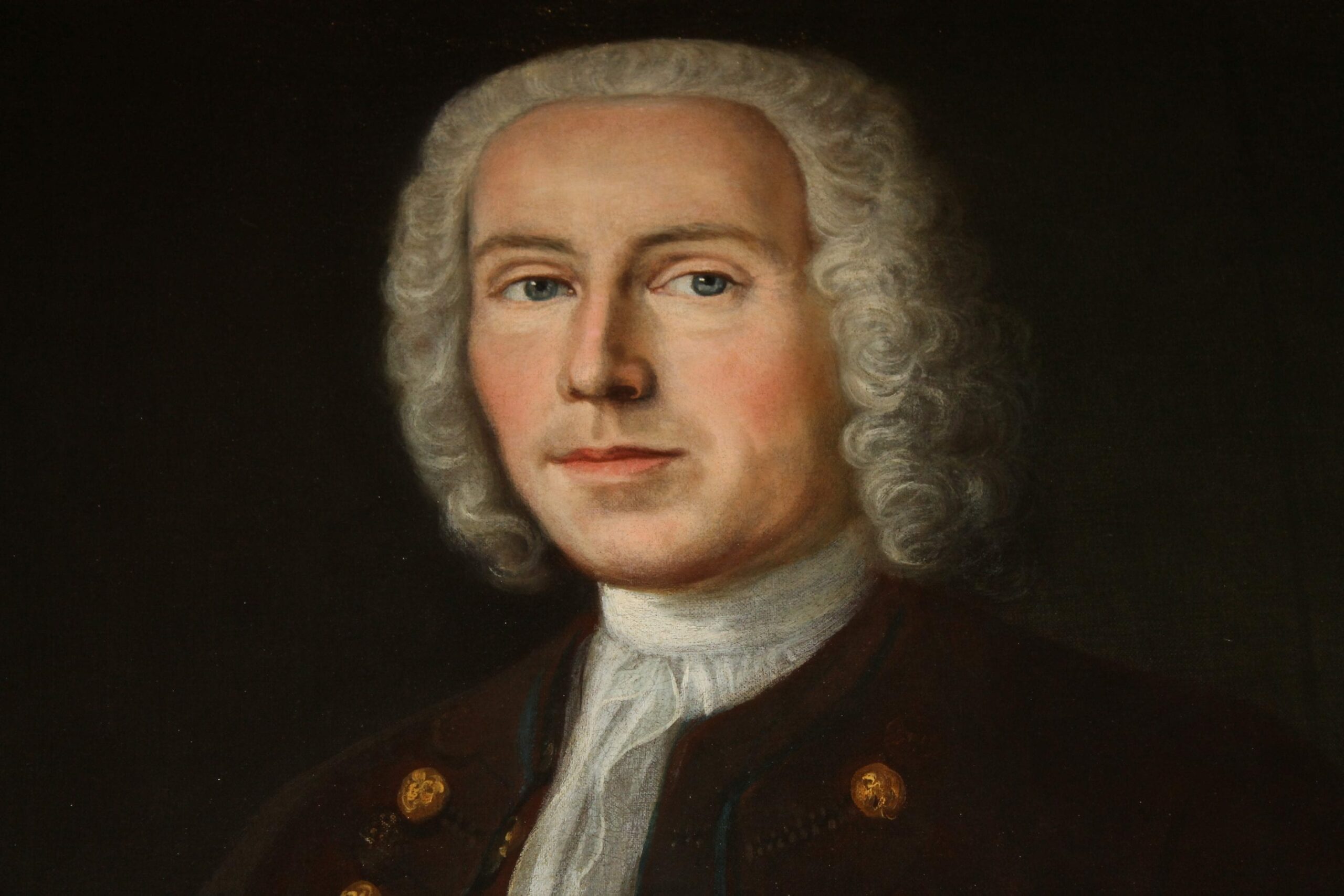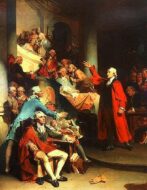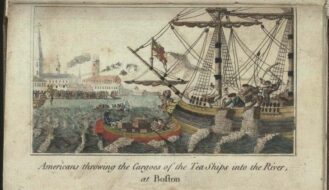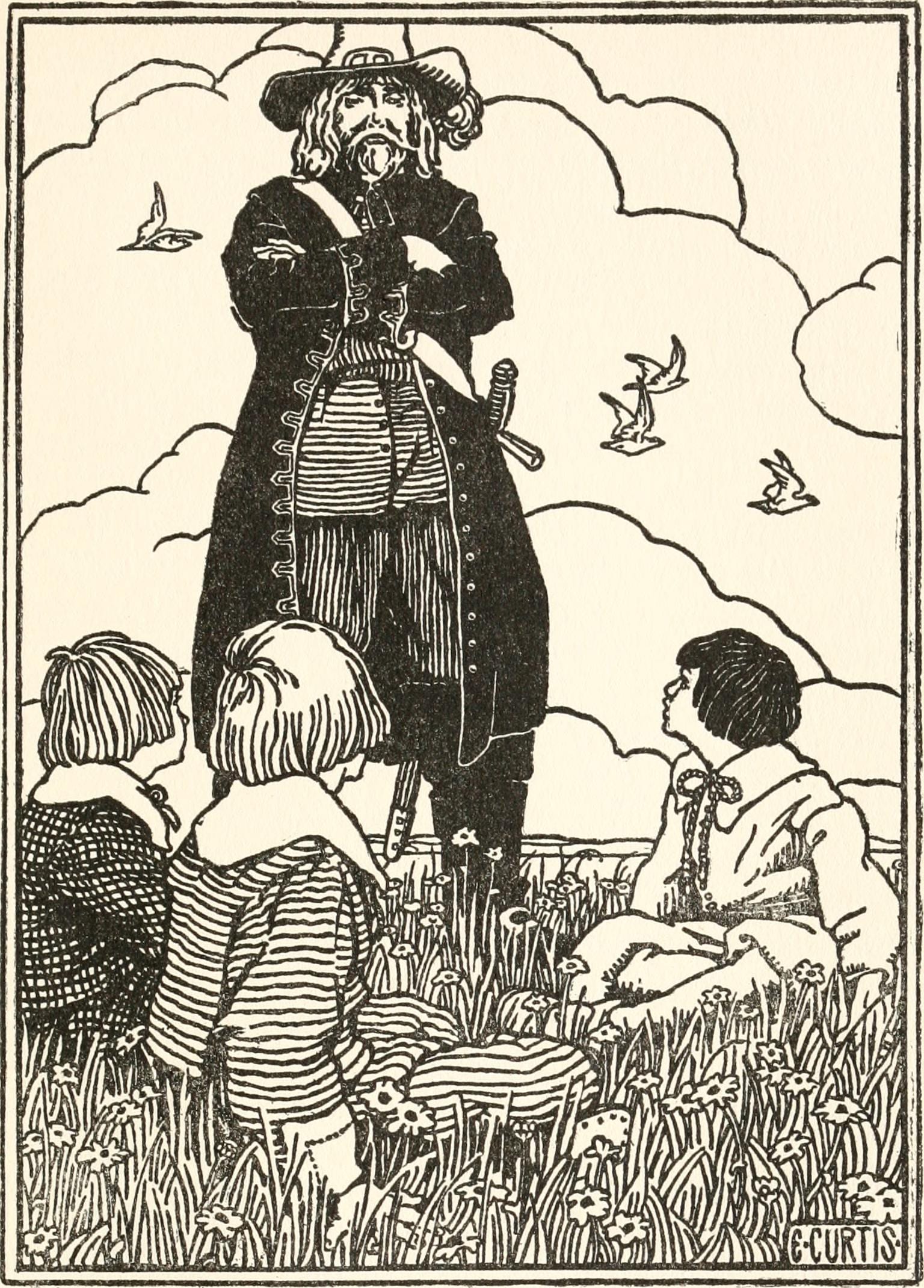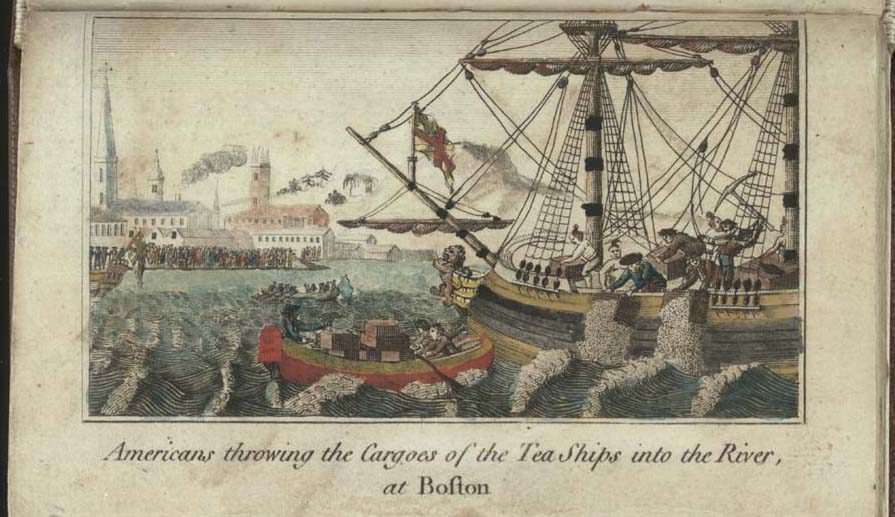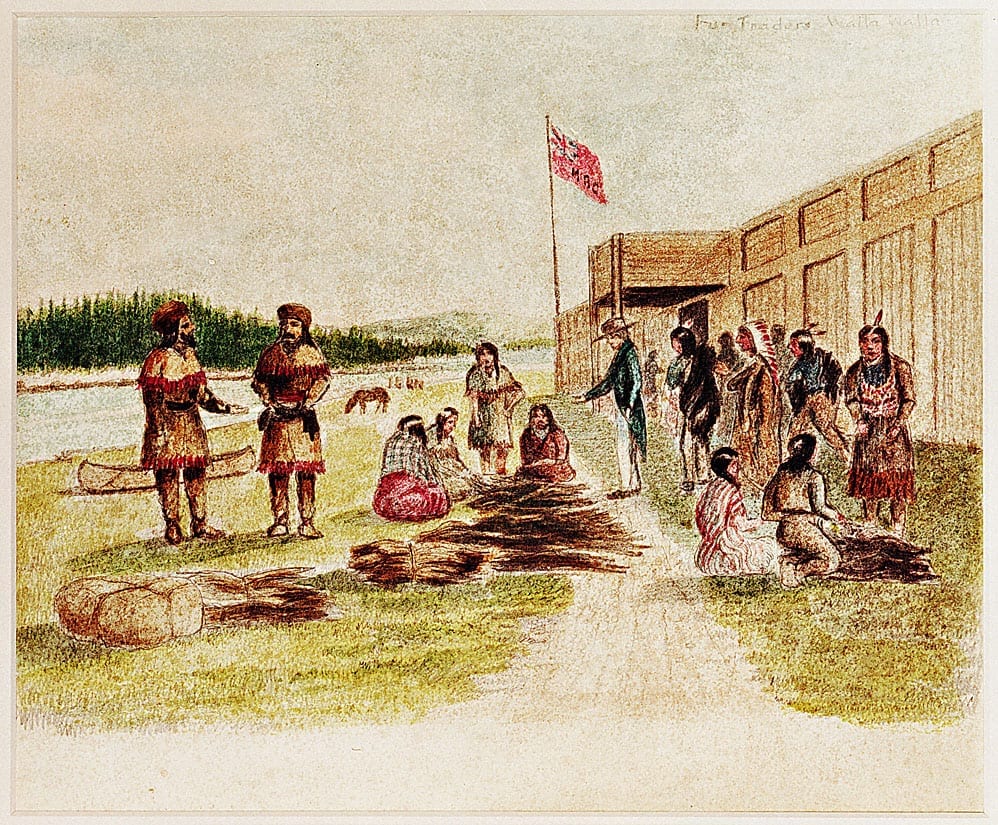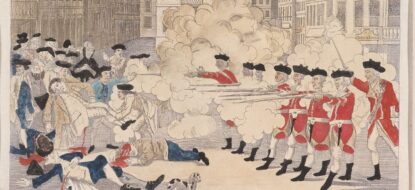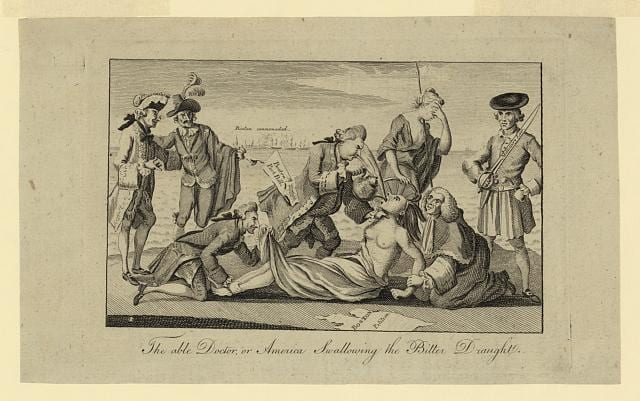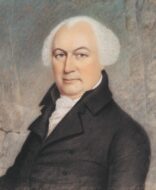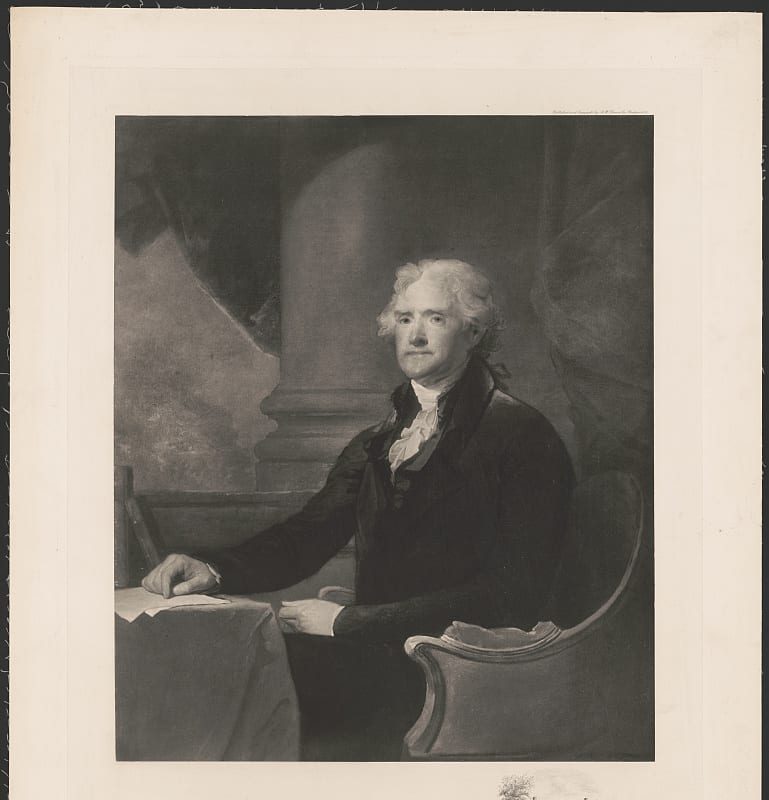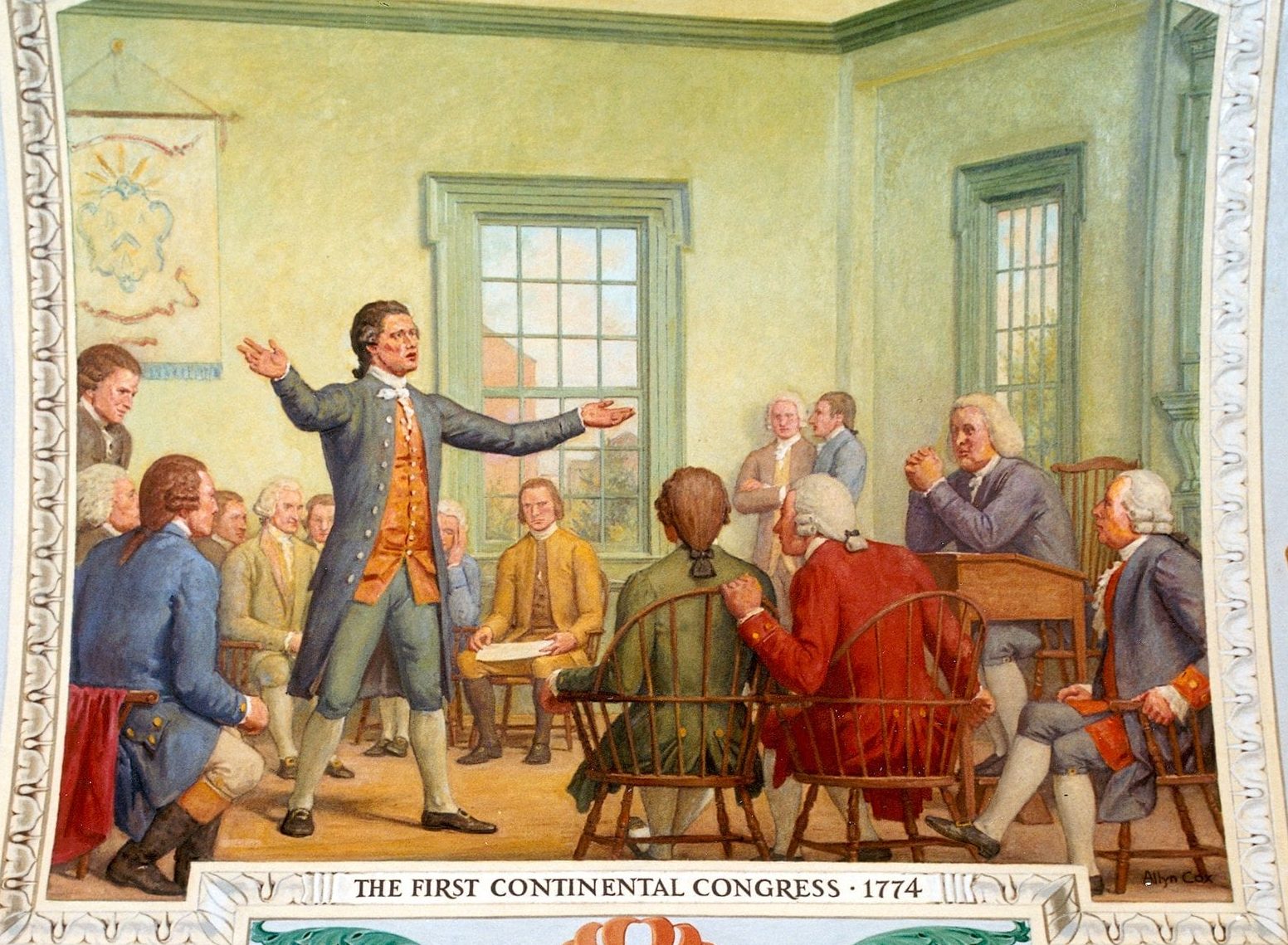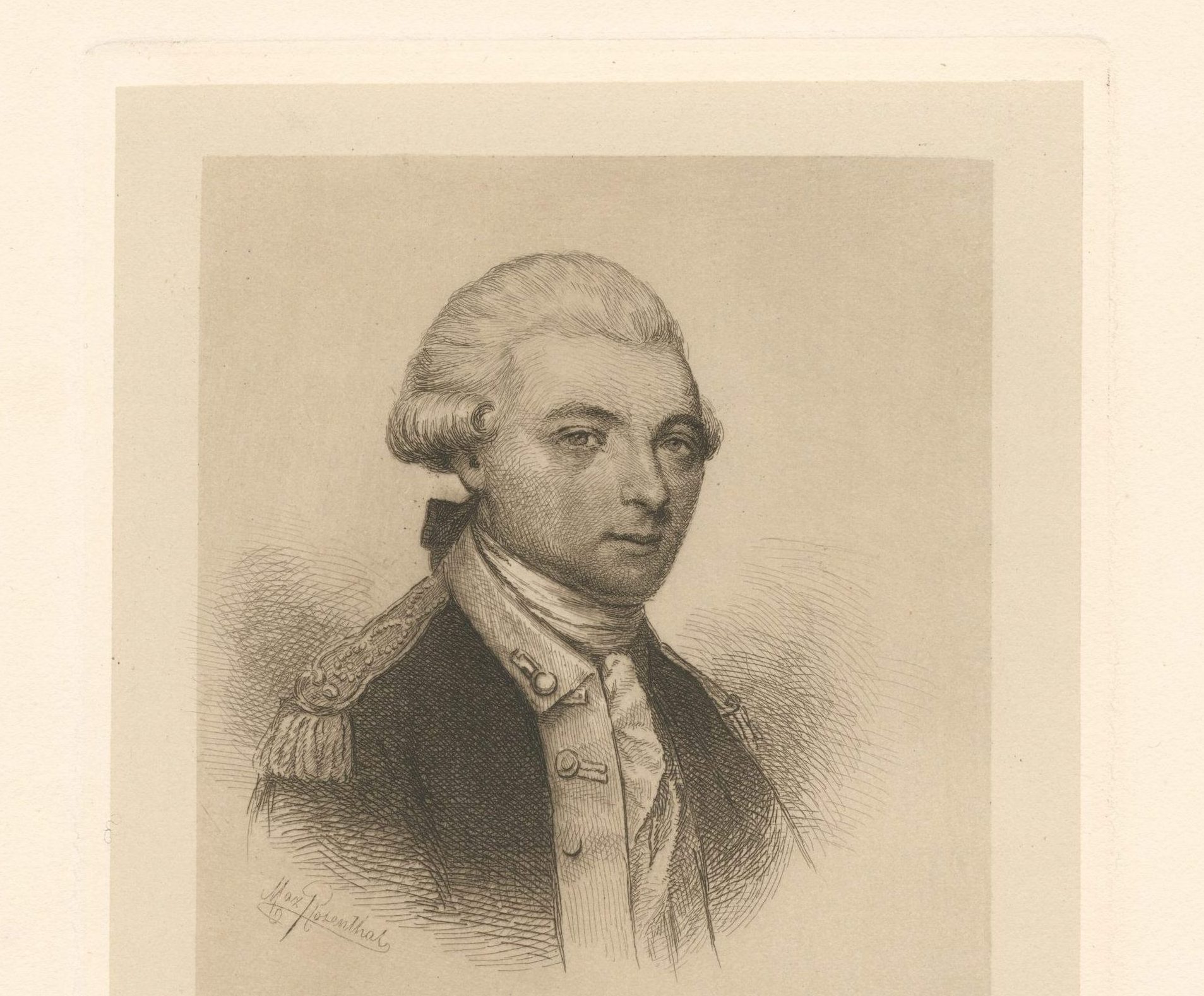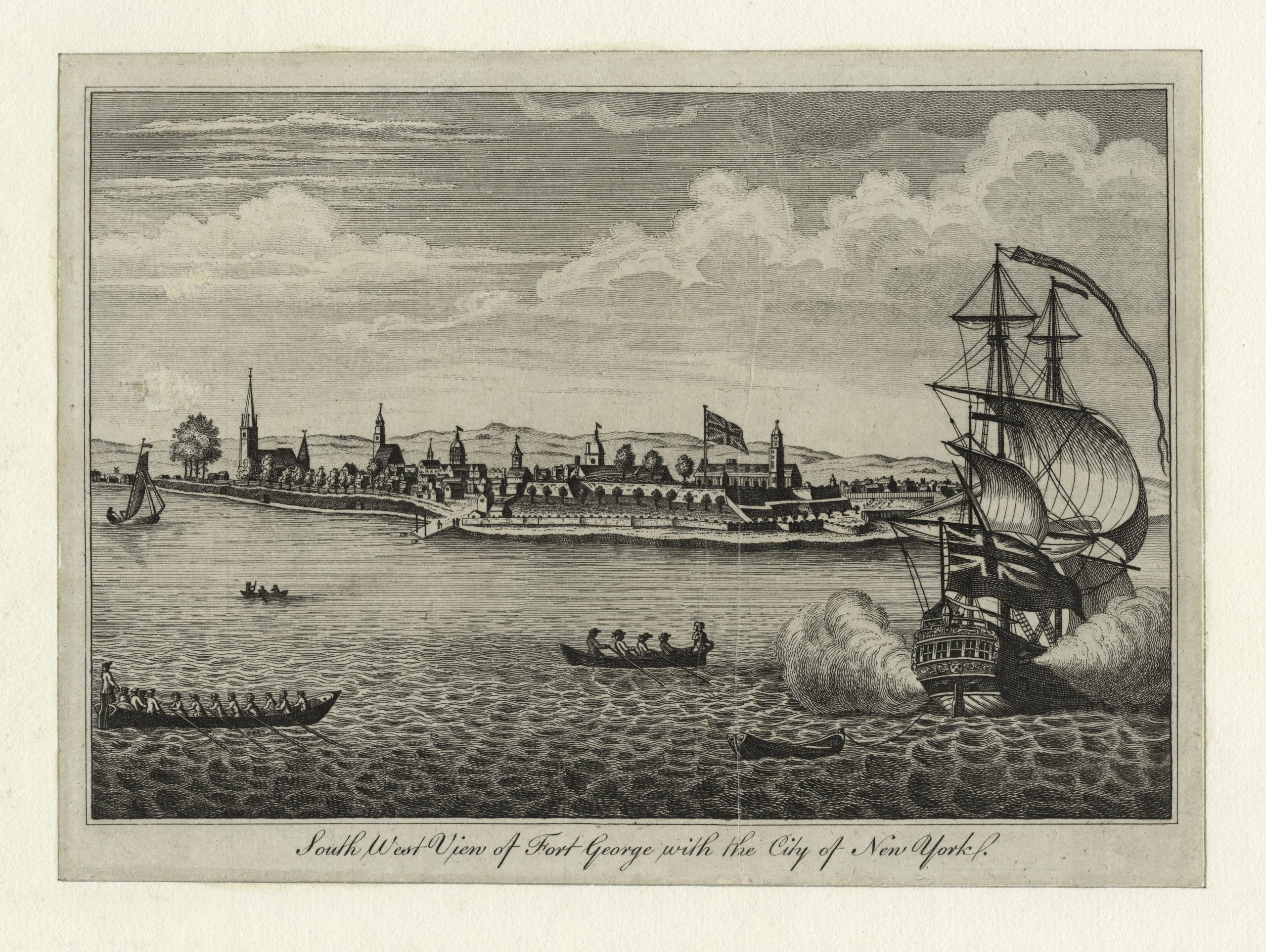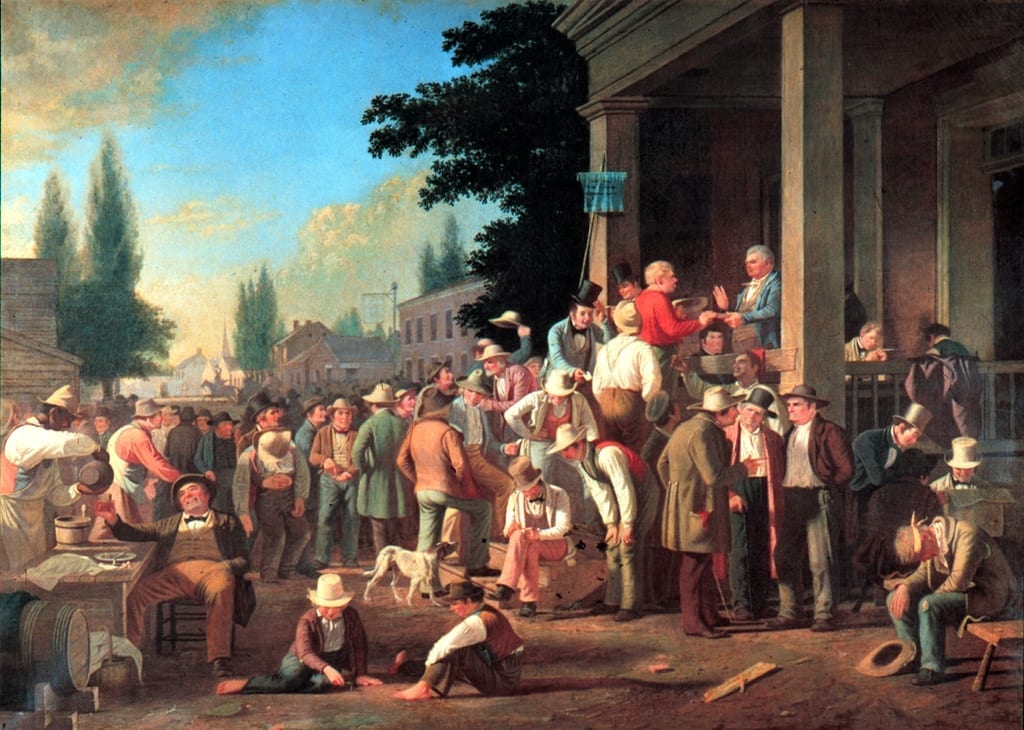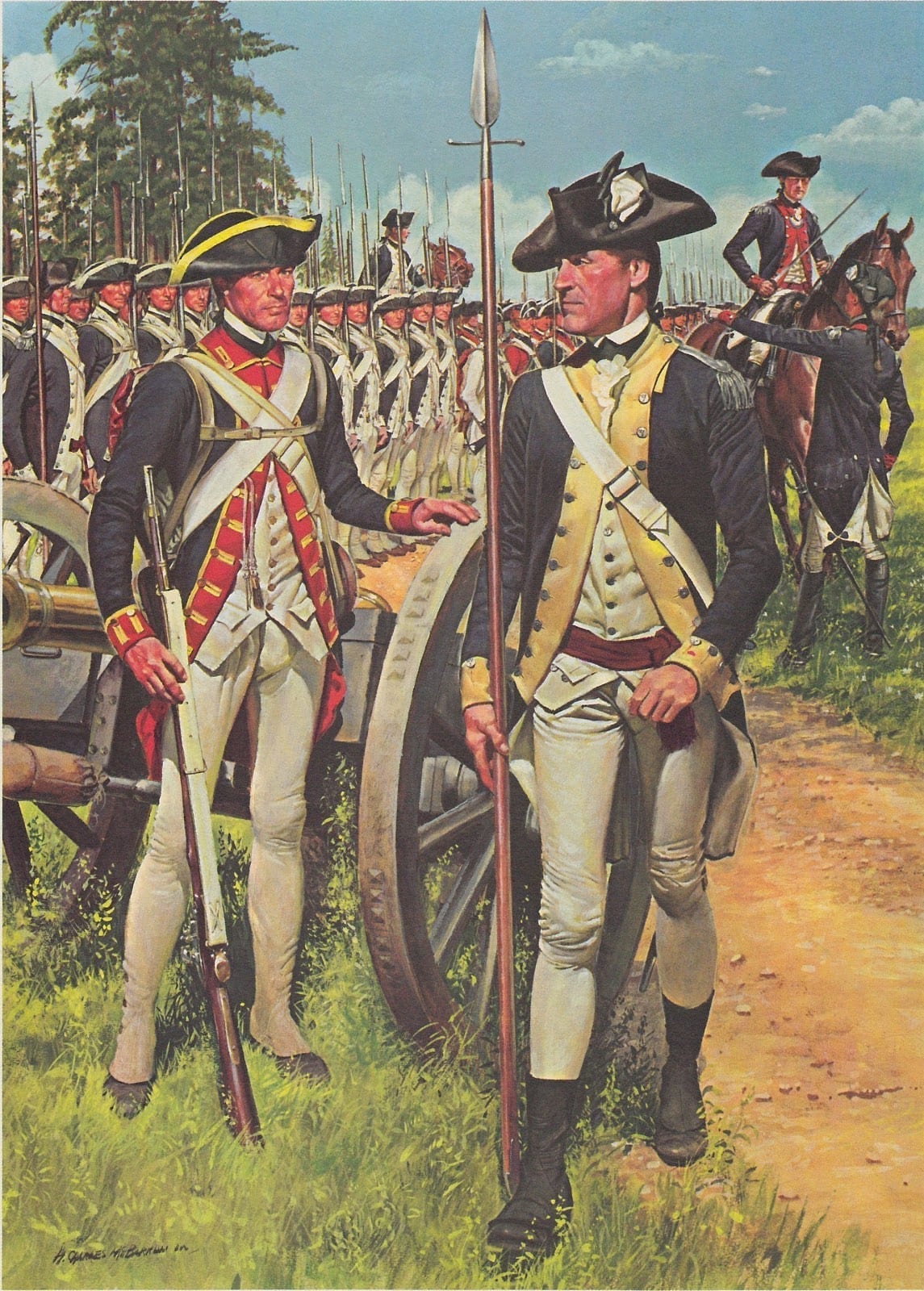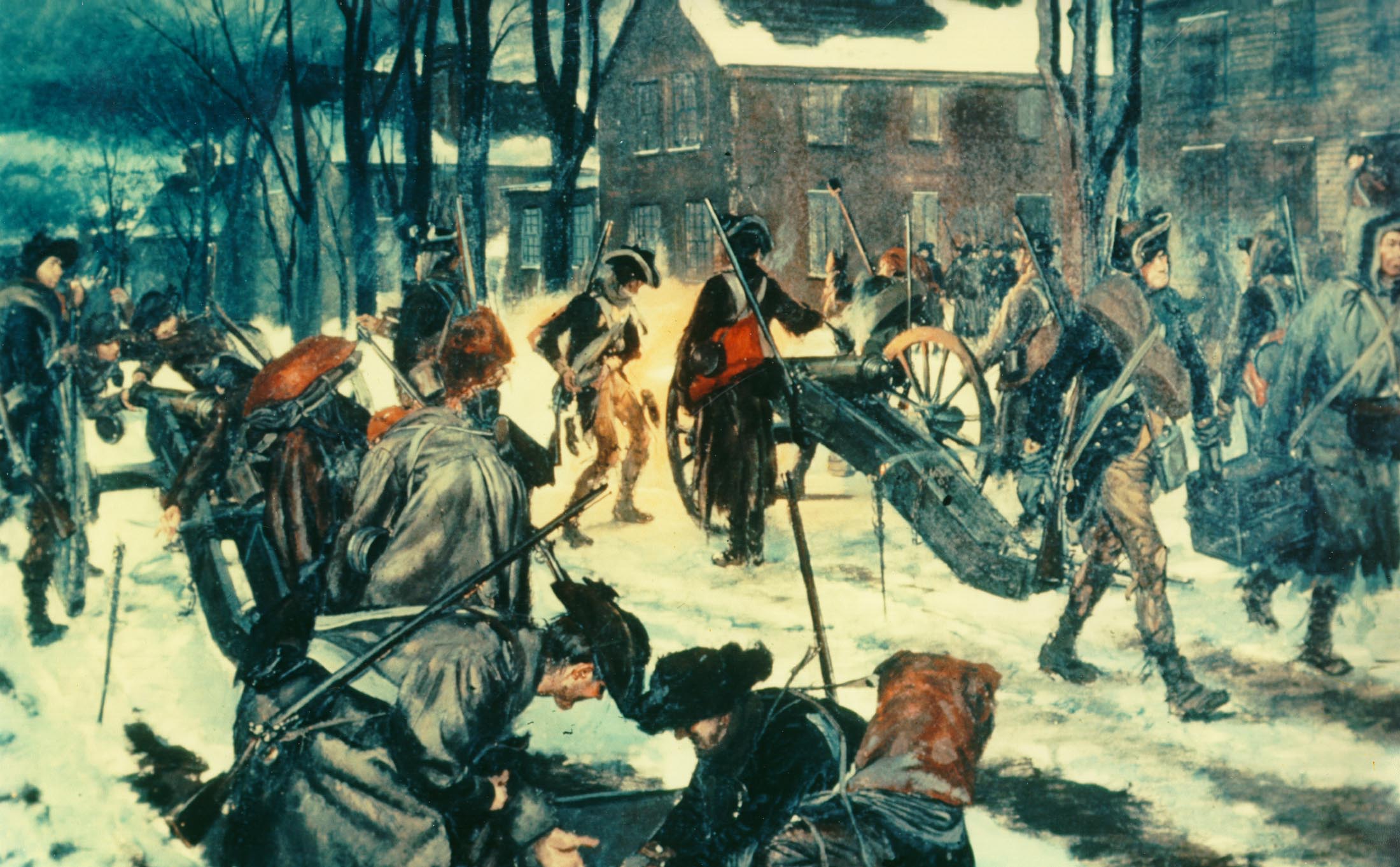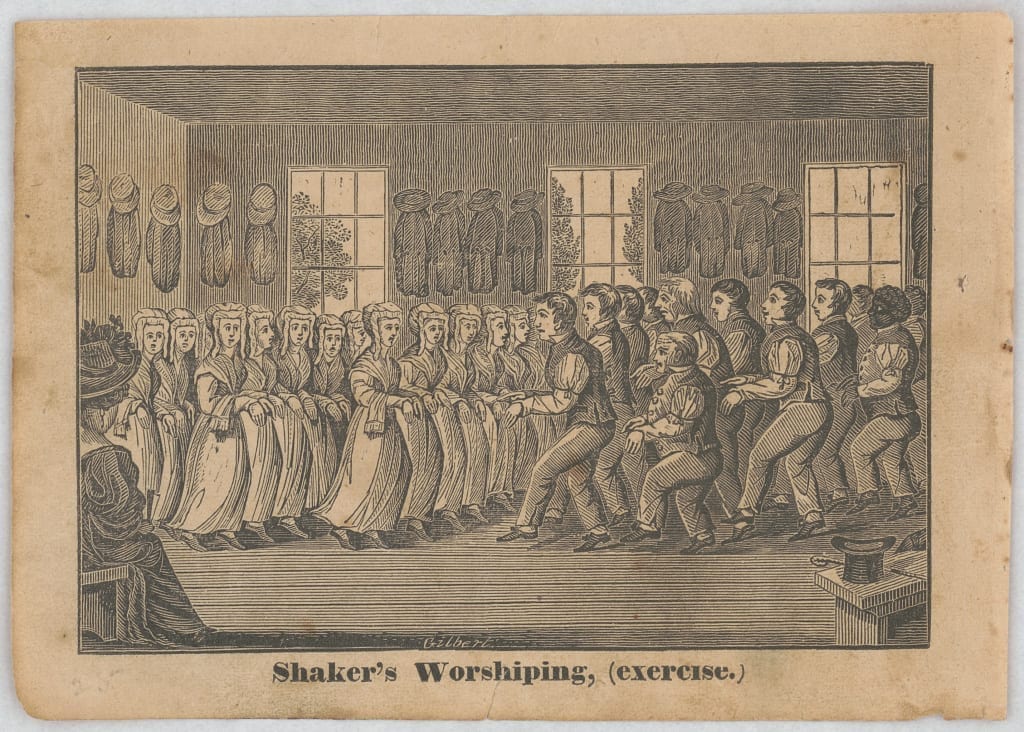
No study questions
No related resources
Source: Thomas Mun, England’s Treasure by Foreign Trade. (1664) in A Select Collection of Early English Tracts on Commerce from the Originals of Mun, Roberts, North, and Others, with a Preface and Index (London: Printed for the Political Economy Club, 1856) https://oll.libertyfund.org/titles/mcculloch-a-select-collection-of-early-english-tracts-on-commerce-1856 (accessed February 26, 2020).
Chap. II. The Means To Enrich This Kingdom, And To Increase Our Treasure.
Although a kingdom may be enriched by gifts received, or by purchase taken from some other nations, yet these are things uncertain and of small consideration when they happen. The ordinary means therefore to increase our wealth and treasure is by foreign trade, wherein we must ever observe this rule; to sell more to strangers yearly than we consume of theirs in value. For suppose that when this kingdom is plentifully served with the cloth, lead, tin, iron, fish and other native commodities, we do yearly export the overplus to foreign countries to the value of twenty two hundred thousand pounds; by which means we are enabled beyond the seas to buy and bring in foreign wares for our use and consumptions, to the value of twenty hundred thousand pounds: By this order duly kept in our trading, we may rest assured that the kingdom shall be enriched yearly two hundred thousand pounds, which must be brought to us in so much treasure; because that part of our stock which is not returned to us in wares must necessarily be brought home in treasure. . . .
Chap. III. The Particular Ways And Means To Increase The Exportation Of Our Commodities, And To Decrease Our Consumption Of Foreign Wares.
The revenue or stock of a kingdom by which it is provided of foreign wares is either natural or artificial. The natural wealth is so much only as can be spared from our own use and necessities to be exported unto strangers. The artificial consists in our manufactures and industrious trading with foreign commodities, concerning which I will set down such particulars as may serve for the cause we have in hand.
- First, although this realm be already exceeding rich by nature, yet might it be much increased by laying the waste grounds (which are infinite) into such employments as should no way hinder the present revenues of other manured lands, but hereby to supply ourselves and prevent the importations of hemp, flax, cordage,[1] tobacco, and divers other things which now we fetch from strangers to our great impoverishing.
- We may likewise diminish our importations, if we would soberly refrain from excessive consumption of foreign wares in our diet and raiment,[2] with such often change of fashions as is used, so much the more to increase the waste and charge; which vices at this present are more notorious amongst us than in former ages. Yet might they easily be amended by enforcing the observation of such good laws as are strictly practiced in other countries against the said excesses; where likewise by commanding their own manufactures to be used, they prevent the coming in of others, without prohibition, or offence to strangers in their mutual commerce.
- In our exportations we must not only regard our own superfluities, but also we must consider our neighbor’s necessities, that so upon the wares which they cannot want, nor yet be furnished thereof elsewhere, we may (besides the vent of the materials gain so much of the manufacture as we can, and also endeavor to sell them dear, so far forth as the high price cause not a less vent[3] in the quantity. But the superfluity of our commodities which strangers use, and may also have the same from other nations, or may abate their vent by the use of some such like wares from other places, and with little inconvenience; we must in this case strive to sell as cheap as possible we can, rather than to lose the utterance of such wares. For we have found of late years by good experience, that being able to sell our cloth cheap in Turkey, we have greatly increased the vent thereof, and the Venetians have lost as much in the utterance of theirs in those countries, because it is dearer. And on the other side a few years past, when by the excessive price of wools our cloth was exceeding dear, we lost at the least half our clothing for foreign parts, which since is no otherwise (well near) recovered again than by the great fall of price for wools and cloth.
We find that twenty five in the hundred less in the price of these and some other wares, to the loss of private men’s revenues, may raise above fifty upon the hundred in the quantity vented to the benefit of the public. For when cloth is dear, other nations do presently practice clothing, and we know they want neither art nor materials to this performance. But when by cheapness we drive them from this employment, and so in time obtain our dear price again, then do they also use their former remedy. So that by these alterations we learn, that it is in vain to expect a greater revenue of our wares than their condition will afford, but rather it concerns us to apply our endeavors to the times with care and diligence to help ourselves the best we may, by making our cloth and other manufactures without deceit, which will increase their estimation and use.
- The value of our exportations likewise may be much advanced when we perform it ourselves in our own ships, for then we get only not the price of our wares as they are worth here, but also the merchants’ gains, the charges of insurance, and freight to carry them beyond the seas. As for example, if the Italian merchants should come hither in their own shipping to fetch our corn, our red herrings or the like, in this case the kingdom should have ordinarily but 25s. for a quarter of wheat, and 20s. for a barrel of red herrings, whereas if we carry these wares ourselves into Italy upon the said rates, it is likely that we shall obtain fifty shillings for the first, and forty shillings for the last, which is a great difference in the utterance or vent of the kingdom’s stock. And although it is true that the commerce ought to be free to strangers to bring in and carry out at their pleasure, yet nevertheless in many places the exportation of victuals and munition are either prohibited, or at least limited to be done only by the people and shipping of those places where they abound.
- The frugal expending likewise of our own natural wealth might advance much yearly to be exported unto strangers; and if in our raiment we will be prodigal, yet let this be done with our own materials and manufactures, as cloth, lace, embroideries, cut-works and the like, where the excess of the rich may be the employment of the poor, whose labors notwithstanding of this kind, would be more profitable for the Commonwealth, if they were done to the use of strangers.
- The fishing in his majesty’s seas of England, Scotland, and Ireland is our natural wealth, and would cost nothing but labor, which the Dutch bestow willingly, and thereby draw yearly a very great profit to themselves by serving many places of Christendom with our fish, for which they return and supply their wants both of foreign wares and money, besides the multitude of mariners and shipping, which hereby are maintained, whereof a long discourse might be made to show the particular manage of this important business. Our fishing plantation likewise in New-England, Virginia, Groenland, the Summer Islands[4] and the Newfound-land, are of the like nature, affording much wealth and employments to maintain a great number of poor, and to increase our decaying trade.
- A staple or magazine for foreign corn, indigo, spices, raw silks, cotton, wool or any other commodity whatsoever, to be imported will increase shipping, trade, treasure and the King’s customs, by exporting them again where need shall require, which course of trading, hath been the chief means to raise Venice, Genoa, the low-Countries, with some others; and for such a purpose England stands most commodiously, wanting nothing to this performance but our own diligence and endeavor.
- Also we ought to esteem and cherish those trades which we have in remote or far countries, for besides the increase of shipping and mariners thereby, the wares also sent thither and received from thence are far more profitable unto the kingdom than by our trades near at hand; as for example; suppose pepper to be worth here two shillings the pound constantly, if then it be brought from the Dutch at Amsterdam, the merchant may give there twenty pence the pound, and gain well by the bargain; but if he fetch this pepper from the East-indies, he must not give above three pence the pound at the most, which is a mighty advantage, not only in that part which serves for our own use, but also for that great quantity which (from hence) we transport yearly unto divers other nations to be sold at a higher price: whereby it is plain, that we make a far greater stock by gain upon these Indian commodities, than those nations do where they grow, and to whom they properly appertain, being the natural wealth of their countries. But for the better understanding of this particular, we must ever distinguish between the gain of the kingdom, and the profit of the merchant; for although the kingdom pays no more for this pepper than is before supposed, nor for any other commodity bought in foreign parts more than the stranger receives from us for the same, yet the merchant pays not only that price, but also the freight, insurance, customs[5] and other charges which are exceeding great in these long voyages; but yet all these in the kingdom’s account are but commutations among ourselves, and no privation of the kingdom’s stock, which being duly considered, together with the support also of our other trades in our best shipping to Italy, France, Turkey, the East Countries and other places, by transporting and venting the wares which we bring yearly from the East Indies; It may well stir up our utmost endeavors to maintain and enlarge this great and noble business, so much importing the public wealth, strength, and happiness. Neither is there less honor and judgment by growing rich (in this manner) upon the stock of other nations, than by an industrious increase of our own means, especially when this later is advanced by the benefit of the former, as we have found in the East Indies by sale of much of our tin, cloth, lead and other commodities, the vent whereof doth daily increase in those countries which formerly had no use of our wares.
- It would be very beneficial to export money as well as wares, being done in trade only, it would increase our treasure; but of this I write more largely in the next chapter to prove it plainly.
- It were policy and profit for the state to suffer manufactures made of foreign materials to be exported custom-free, as velvets and all other wrought silks, fustians, thrown silks and the like, it would employ very many poor people, and much increase the value of our stock yearly issued into other Countries, and it would (for this purpose) cause the more foreign materials to be brought in, to the improvement of His Majesty’s Customs. I will here remember a notable increase in our manufacture of winding and twisting only of foreign raw Silk, which within 35. years to my knowledge did not employ more than 300 people in the City and suburbs of London, where at this present time it doth set on work above fourteen thousand souls, as upon diligent enquiry hath been credibly reported unto His Majesty’s Commissioners for Trade. And it is certain, that if the said foreign commodities might be exported from hence, free of custom, this manufacture would yet increase very much, and decrease as fast in Italy and in the Netherlands. But if any man allege the Dutch proverb, “Live and let others live,” I answer, that the Dutchmen [6] notwithstanding their own proverb, do not only in these kingdoms, encroach upon our livings, but also in other foreign parts of our trade (where they have power) they do hinder and destroy us in our lawful course of living, hereby taking the bread out of our mouth, which we shall never prevent by plucking the pot from their nose, as of late years too many of us do practice to the great hurt and dishonor of this famous nation; We ought rather to imitate former times in taking sober and worthy courses more pleasing to God and suitable to our ancient reputation.
- It is needful also not to charge the native commodities with too great customs, lest by endearing them to the strangers’ use, it hinder their vent. And especially foreign wares brought in to be transported again should be favored, for otherwise that manner of trading (so much importing the good of the Commonwealth) cannot prosper nor subsist. But the consumption of such foreign wares in the realm may be the more charged, which will turn to the profit of the kingdom in the Ballance of the Trade, and thereby also enable the king to lay up the more treasure out of his yearly incomes, as of this particular I intend to write more fully in his proper place, where I shall shew how much money a Prince may conveniently lay up without the hurt of his subjects.
- Lastly, in all things we must endeavor to make the most we can of our own, whether it be natural or artificial; And forasmuch as the people which live by the arts are far more in number than they who are masters of the fruits, we ought the more carefully to maintain those endeavors of the multitude, in whom doth consist the greatest strength and riches both of King and kingdom: for where the people are many, and the arts good, there the traffic must be great, and the country rich. The Italians employ a greater number of people, and get more money by their industry and manufactures of the raw silks of the kingdom of Cicilia [Sicily], than the King of Spain and his subjects have by the revenue of this rich commodity. But what need we fetch the example so far, when we know that our own natural wares do not yield us so much profit as our industry? For Iron ore in the mines is of no great worth, when it is compared with the employment and advantage it yields being digged [sic], tried, transported, bought, sold, cast into ordnance, muskets, and many other instruments of war for offence and defense, wrought into Anchors, bolts, spikes, nails and the like, for the use of ships, houses, carts, coaches, ploughs, and other instruments for tillage. Compare our fleece-wools with our cloth, which requires shearing, washing, carding, spinning, weaving, fulling, dying, dressing and other trimmings, and we shall find these arts more profitable than the natural wealth, whereof I might instance other examples, but I will not be more tedious, for if I would amplify upon this and the other particulars before written, I might find matter sufficient to make a large volume, but my desire in all is only to prove what I propound with brevity and plainness.
Chap. XX. The Order And Means Whereby We May Draw Up The Balance Of Our Foreign Trade.
Now, that we have sufficiently proved the balance of our foreign trade to be the true rule of our treasure; It rests that we show by whom and in what manner the said balance may be drawn up at all times, when it shall please the state to discover how we prosper or decline in this great and weighty business, wherein the officers of His Majesty’s Customs are the only agents to be employed, because they have the accounts of all the wares which are issued out or brought into the kingdom, and although (it is true) they cannot exactly set down the cost and charges of other men’s goods bought here or beyond the seas; yet nevertheless, if they ground themselves upon the book of rates, they shall be able to make such an estimate as may well satisfy this enquiry; for it is not expected that such an account can possibly be drawn up to a just balance, it will suffice only that the difference be not over great.
First therefore, concerning our exportations, when we have valued their first cost, we must add twenty-five per cent. thereunto for the charges here, for freight of ships, insurance of the Adventurer,[7] and the merchant’s gains; and for our fishing trades, which pay no custom to his Majesty, the value of such exportations may be easily esteemed by good observations which have been made, and may continually be made, according to the increase or decrease of those affairs, the present estate of this commodity being valued at one hundred and forty thousand pounds issued yearly. Also we must add to our exportations all the moneys which are carried out in trade by license from his Majesty.
Secondly, for our importations of foreign wares, the custom-books serve only to direct us concerning the quantity, for we must not value them as they are rated here, but as they cost us with all charges laden into our ships beyond the seas, in the respective places where they are bought: for the merchant’s gain, the charges of Insurance, freight of ships, customs, imposts , and other duties here, which do greatly, endear them unto our use and consumption, are notwithstanding but commutations amongst ourselves, for the stranger hath no part thereof: wherefore our said Importations ought to be valued at twenty five per cent less than they are rated to be worth here. . . .
Thirdly, we must remember, that all wares exported or imported by strangers (in their shipping) be esteemed by themselves, for what they carry out, the kingdom hath only the first cost and the custom: And what they bring in, we must rate it as it is worth here, the custom, impost, and petty charges only deducted.
Lastly, there must be good notice taken of all the great losses which we receive at sea in our shipping either outward or homeward bound: for the value of the one is to be deducted from our exportations, and the value of the other is to be added to our importations: for to lose and to consume doth produce one and the same reckoning. Likewise if it happen that His Majesty doth make over any great sums of money by exchange to maintain a foreign war, where we do not feed and clothe the soldiers, and provide the armies, we must deduct all this charge out of our exportations or add it to our Importations; for this expense doth either carry out or hinder the coming in of so much treasure. And here we must remember the great collections of money which are supposed to be made throughout the realm yearly from our recusants by priests and Jesuits[8], who secretly convey the same unto their colleges, cloisters and nunneries beyond the seas, from whence it never returns to us again in any kind; therefore if this mischief cannot be prevented, yet it must be esteemed and set down as a clear loss to the kingdom, except (to balance this) we will imagine that as great a value may perhaps come in from foreign princes to their pensioners here for favors of intelligence, which some states account good policy, to purchase with great liberality; the receipt whereof notwithstanding is plain treachery.
There are yet some other petty things which seem to have reference to this balance, of which the said officers of His Majesty’s Customs can take no notice, to bring them into the account. As namely, the expenses of travelers, the gifts to ambassadors and strangers, the fraud of some rich goods not entered into the custom-house, the gain which is made here by strangers by change and re-change, Interest of money, insurance upon Englishmen’s goods and their lives: which can be little when the charges of their living here is deducted; besides that the very like advantages are as amply ministered unto the English in foreign countries, which doth counterpoise all these things, and therefore they are not considerable in the drawing up of the said balance.
Chap. XXI. The Conclusion Upon All That Hath Been Said, Concerning The Exportation Or Importation Of Treasure.
The sum of all that hath been spoken, concerning the enriching of the kingdom, and the increase of our treasure by commerce with strangers, is briefly thus. That it is a certain rule in our foreign trade, in those places where our commodities exported are overbalanced in value by foreign wares brought into this Realm, there our money is undervalued in exchange; and where the contrary of this is performed, there our money is overvalued. . . .
Behold then the true form and worth of foreign trade, which is, The great revenue of the King, the honor of the kingdom, the noble profession of the merchant, the School of our Arts, the supply of our wants, the employment of our poor, the improvement of our lands, the nursery of our mariners, the walls of the kingdoms, the means of our treasure, The sinews of our wars, the terror of our enemies. For all which great and weighty reasons, do so many well governed states highly countenance the profession, and carefully cherish the action, not only with policy to increase it, but also with power to protect it from all foreign injuries: because they know it is a principal in reason of state to maintain and defend that which doth support them and their estates.
FINIS.
- 1. wood
- 2. clothing
- 3. This idea would come to be known as the vent for surplus theory of international trade where countries “vent” or sell their surplus manufacturing goods to other countries to keep domestic production at full capacity. This was first formally discussed by Adam Smith and further developed in the twentieth century by Burmese economist Hla Myint.
- 4. An area in the highland region of Scotland.
- 5. Freight charges are the cost to deliver goods from one location to their destination. Insurance charges are to insure either the ship or cargo against loss during the shipping journey. Customs charges are indirect taxes levied on exported or imported goods.
- 6. The Dutch were the most powerful traders in the seventeenth century, establishing the Dutch East India Company—one of the first multinational corporations and the world’s largest for two centuries—and the Bank of Amsterdam.
- 7. Refers to a specific type of merchant who undertakes financial risk to support the establishment of colonies, new trading posts, or business ventures in the New World.
- 8. Catholics and Protestants who preferred to worship outside of the Church of England were subject to various fines and taxes which were meant to be used to support domestic policies but which were seldom fully collected, as Mun alludes here.

Conversation-based seminars for collegial PD, one-day and multi-day seminars, graduate credit seminars (MA degree), online and in-person.
